Episode 19. Jennie Tourel Sings Rossini & Poulenc (Needle Drop V)
<SOCIAL SHARE
SUBSCRIPTION PLATFORM
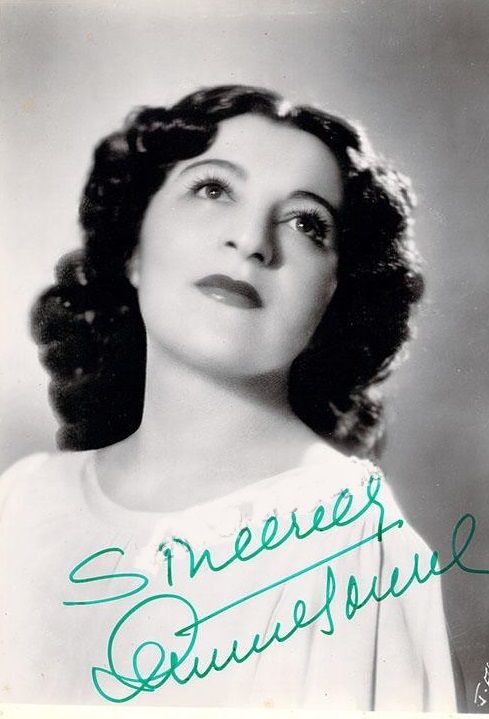
The wondrous Russian-French mezzo-soprano Jennie Tourel (1900-1973) had a storied career that lasted more than four decades and encompassed both opera and song. In the latter, she was particularly celebrated for her work in the Russian and French repertoire. The 1964 recording Jennie Tourel Sings Rossini and Poulenc features the singer, sounding remarkably fresh in her early sixties, singing songs by Rossini, primarily from his posthumous collection Péchés de vieillesse [Sins of Old Age], as well as Francis Poulenc’s extraordinary 1938 song cycle Fiançailles pour rire [Betrothal for Laughs]. In both series of songs, Tourel’s extraordinary musicianship and commitment to expression serve to illustrate her self-expressed artistic credo: “I wanted to bring my heart to the audience… sing out my heart.”
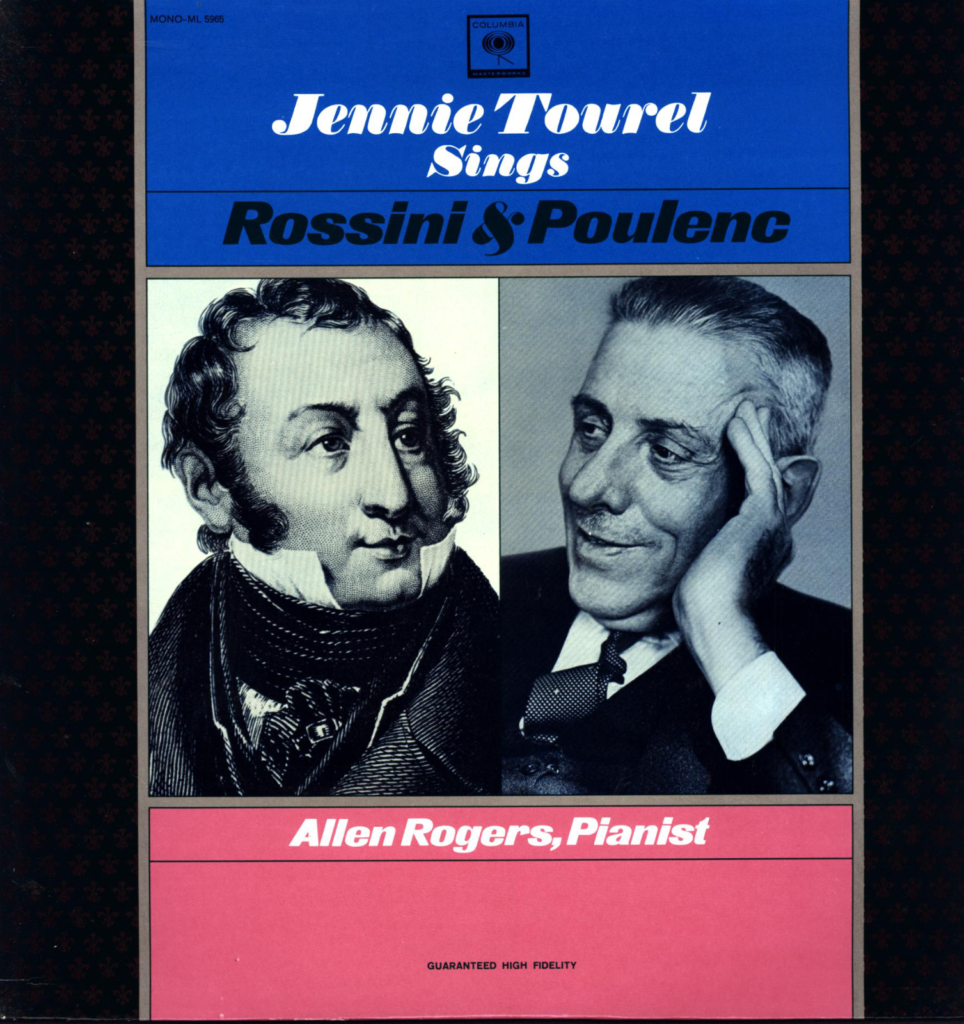
RECORDINGS HEARD IN THIS EPISODE
All featured selections are from the above-depicted recording, Jennie Tourel Sings Rossini and Poulenc, (Columbia Records ML 5965/MS 6565, issued 1964).
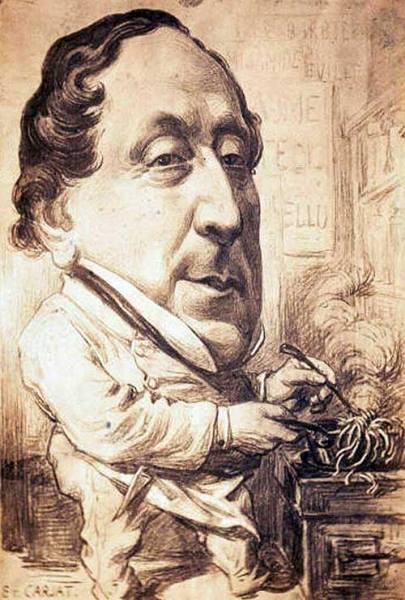
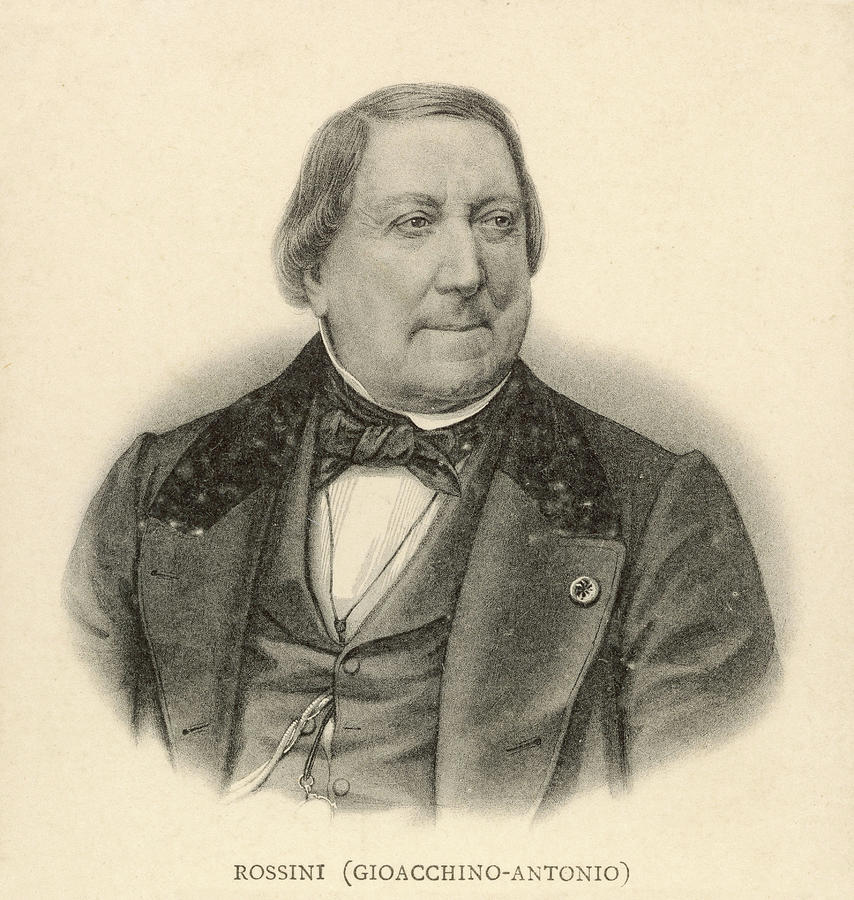
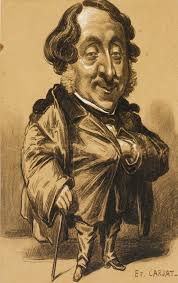
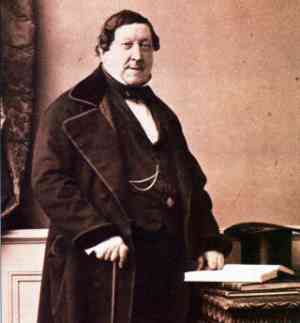
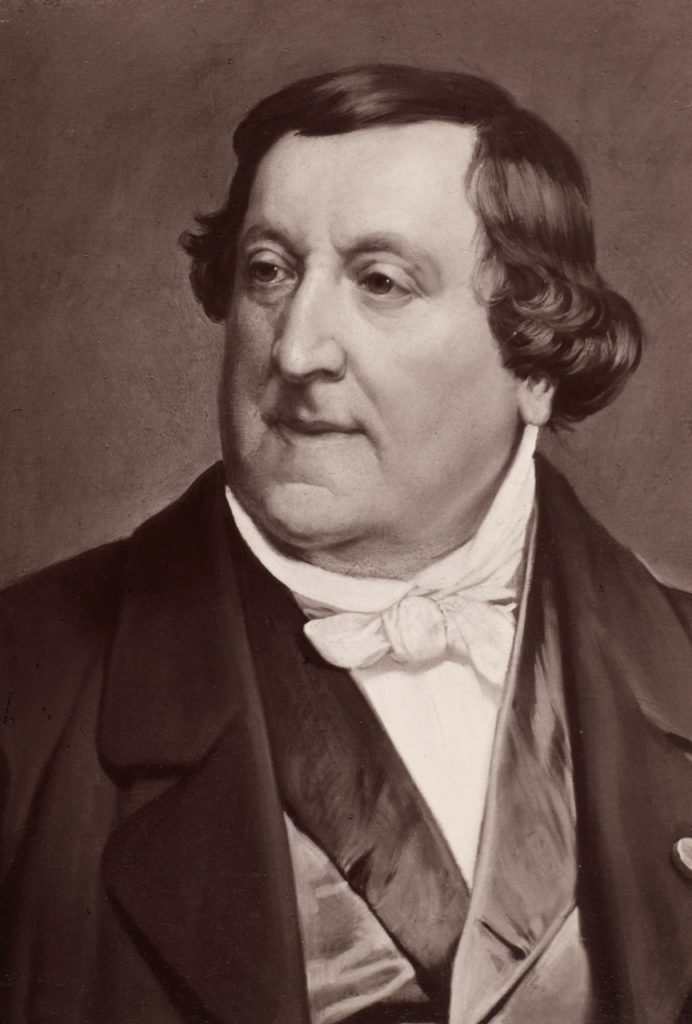
Gioacchino Rossini: Five Songs from the Péchés de vieillesse [Sins of Old Age] (mostly)
Ariette Villageoise (No. 1 of the Miscelannées de la musique vocale [Péchés , Volume XI]) (text by Jean-Jacques Rousseau)
Adieux à la vie! (No. 9 of the Album français, [Péchés , Volume II]) (text [possibly] by Émilien Pacini)
Petite mélodie sur la gamme chinoise (No. 5 of the Morceaux reservés [Péchés , Volume III]) (aka L’amour à Pékin) (text by Émilien Pacini)
À Grenade (Album altri autografi, No. 5) (text by Émilien Pacini)
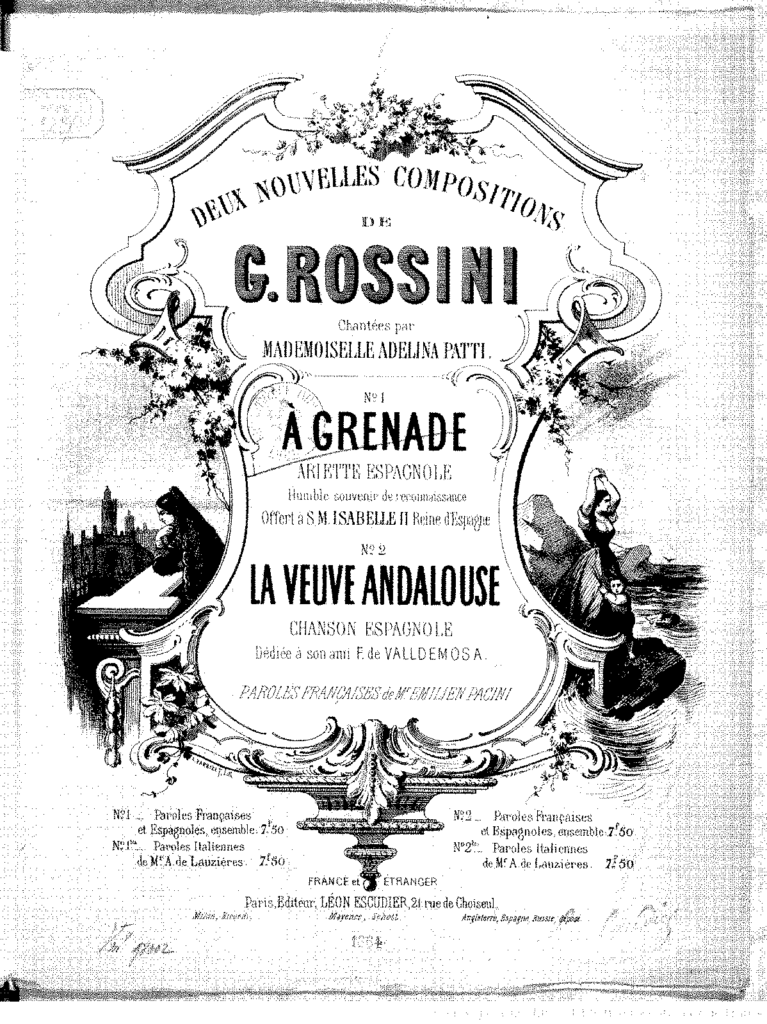
Chanson de Zora (No. 5 of the Album français [Péchés , Volume II]) [aka La petite bohémienne] (based on a poem by Émile des Champs)
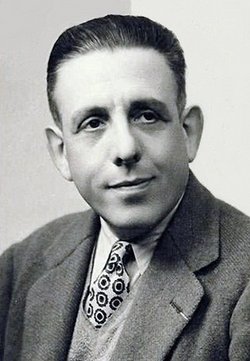
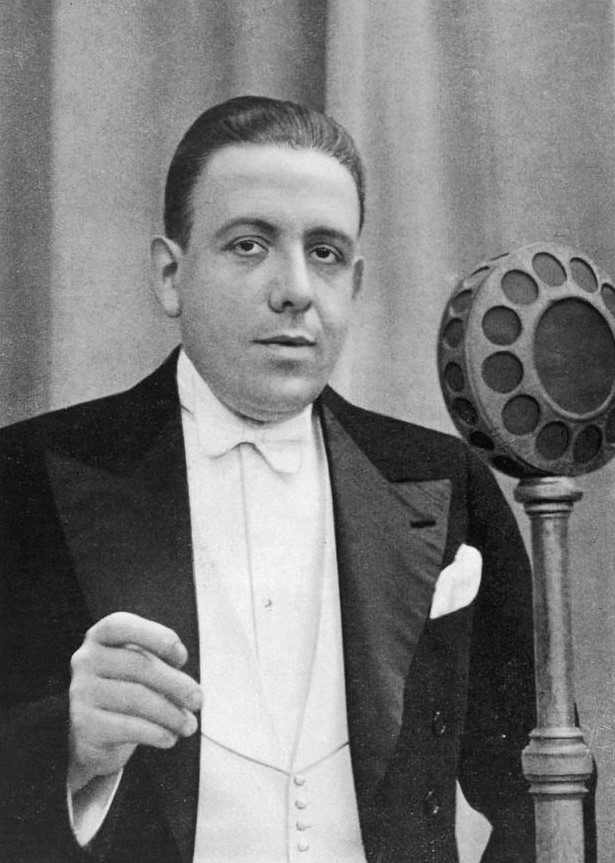
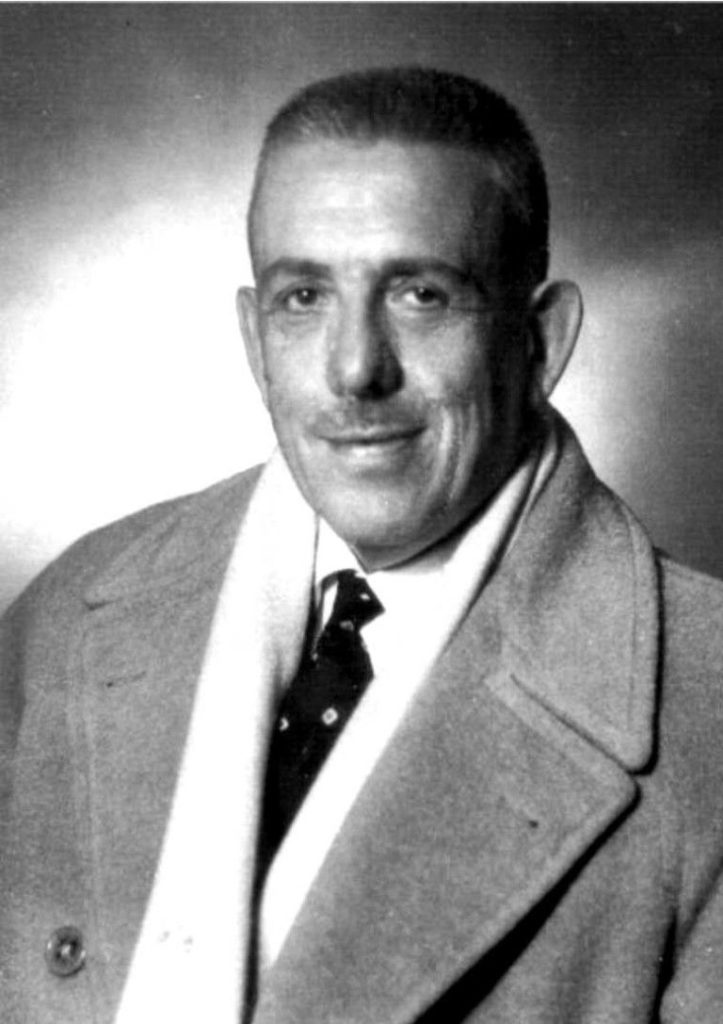
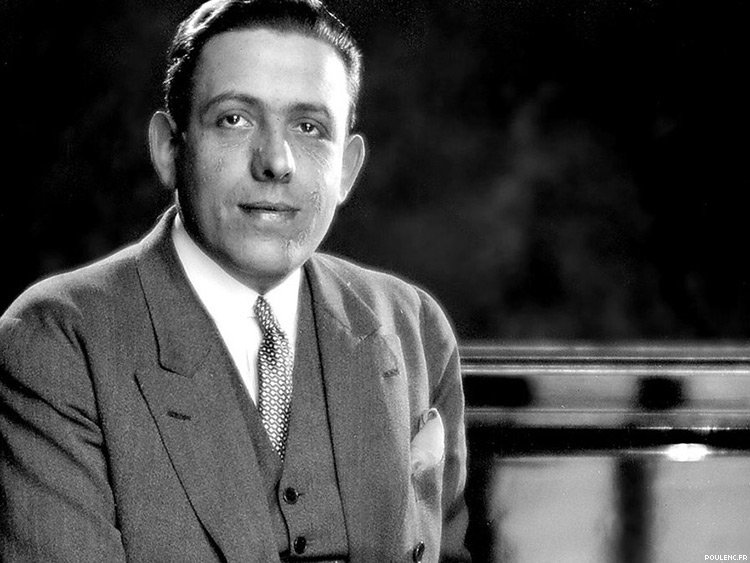
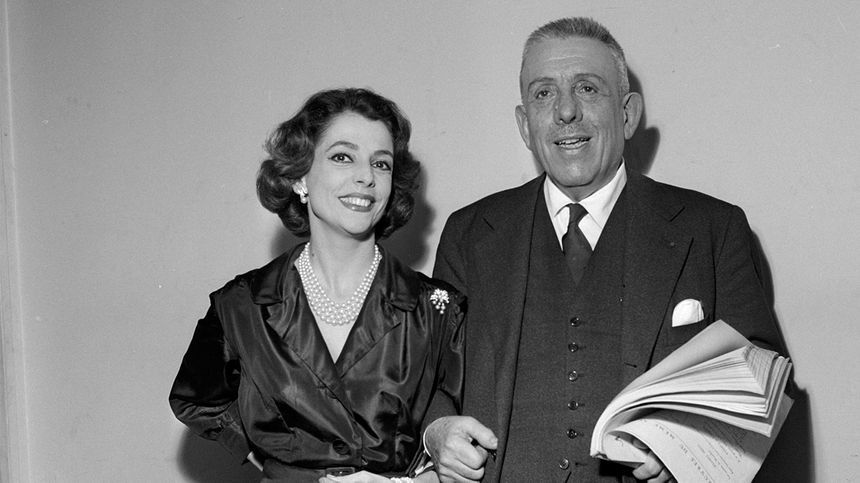
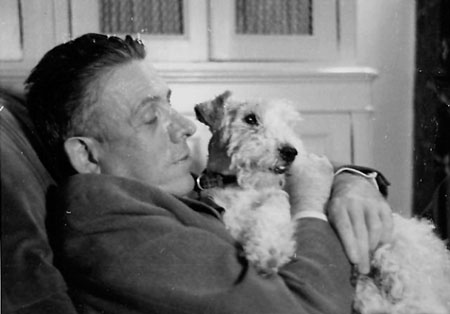
Fiançailles pour rire (cycle of six poems by Louise de Vilmorin)
I. La dame d’André; II. Dans l’herbe; III. Il vole; IV. Mon cadavre est doux comme un gant; V. Violon; VI. Fleurs
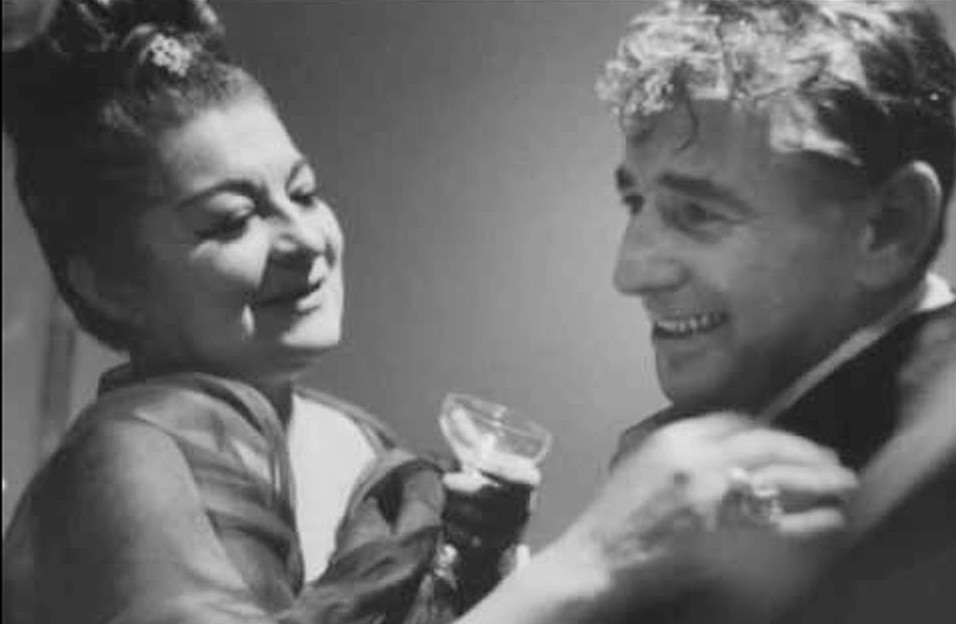
Jennie Tourel: Two Interviews
The great mezzo-soprano in two interviews, one from 1970 with Studs Terkel (please click on the link), and the other in a longer excerpt from the 1969 John Ardoin Dallas interview quoted on the episode.
Jennie Tourel: Portraits and Publicity through the years
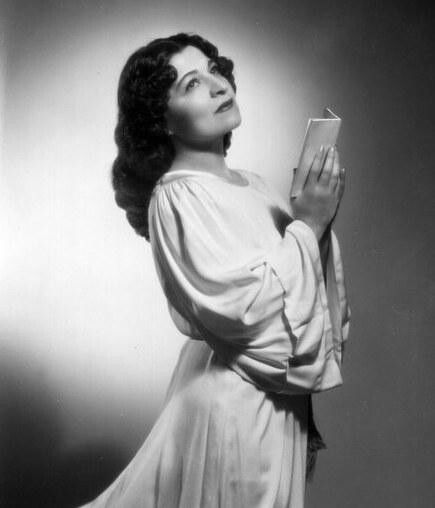
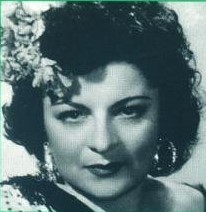

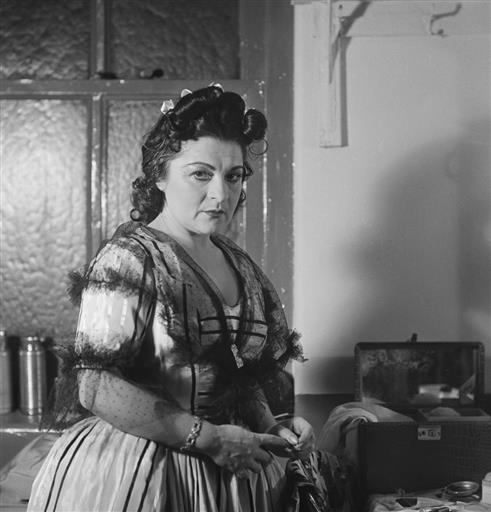
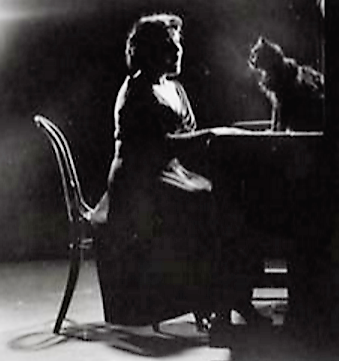
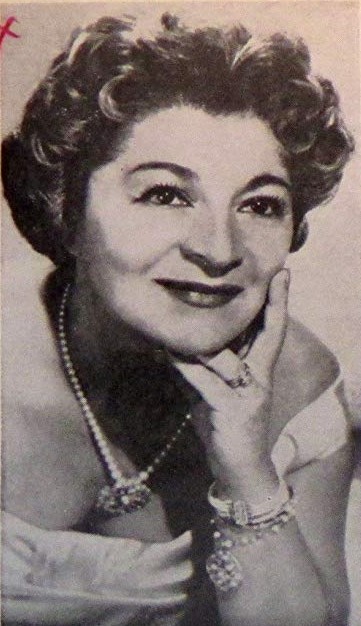
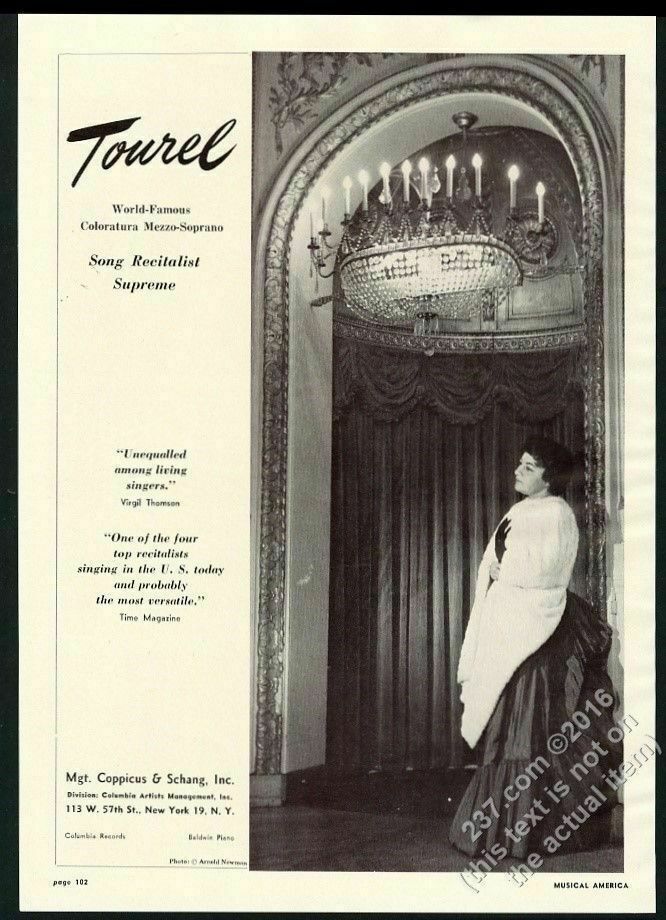
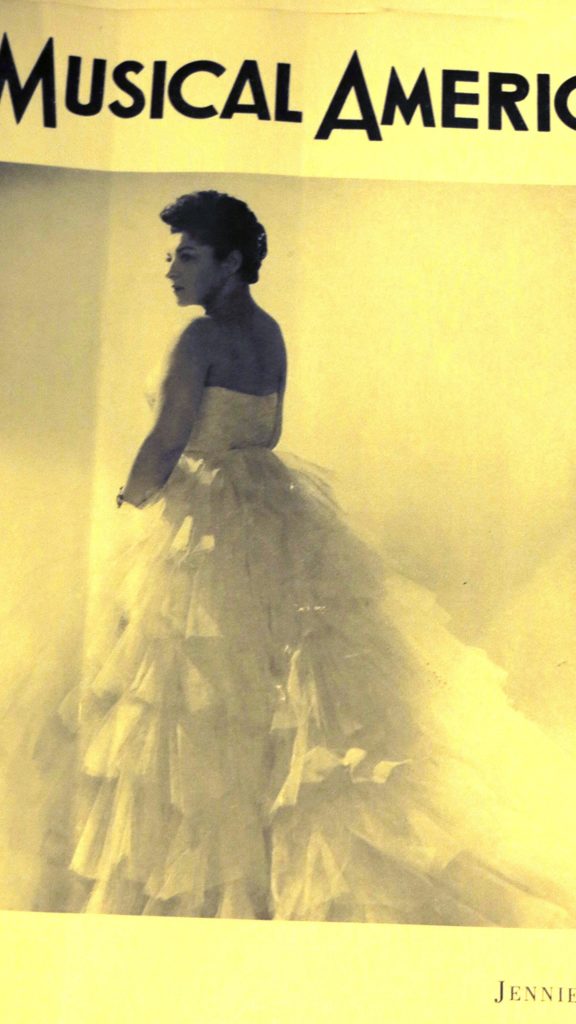
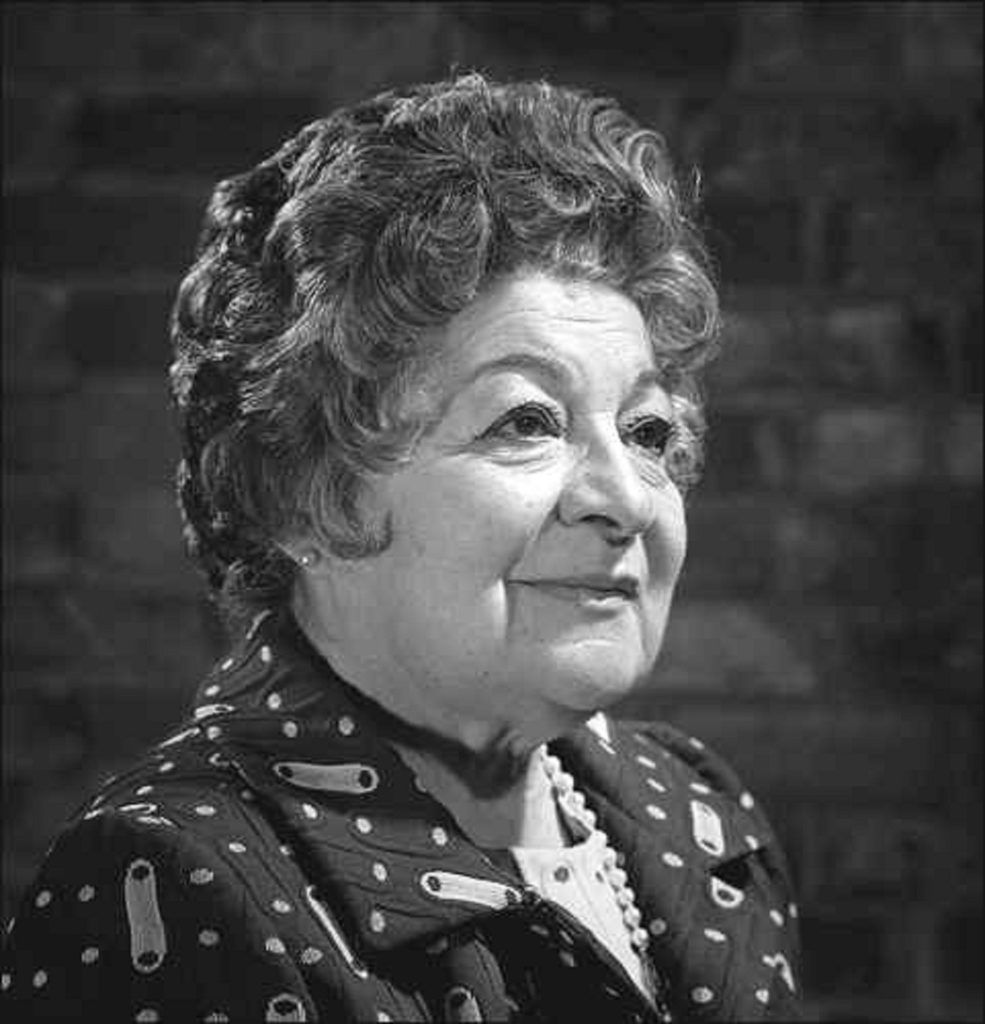
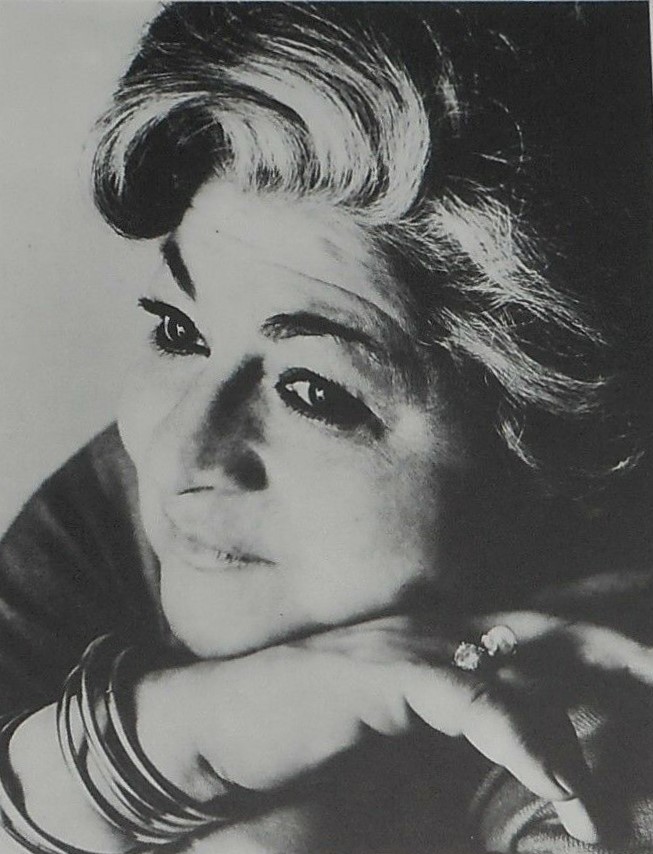
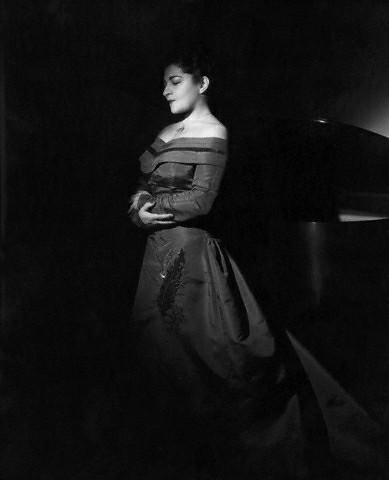
Jennie Tourel: Some Album Covers
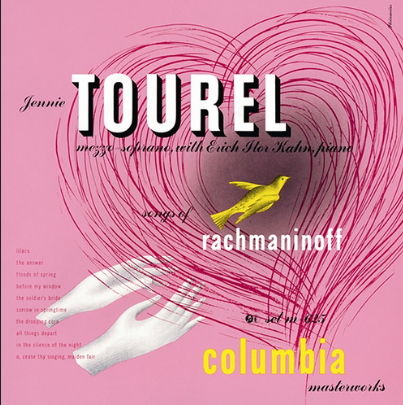


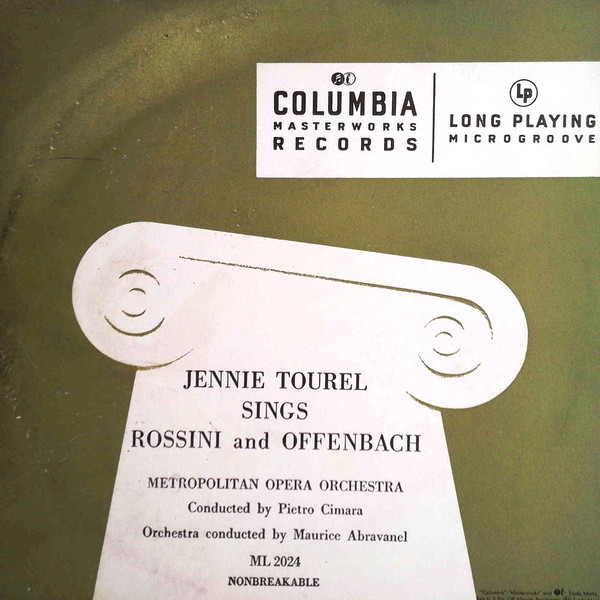
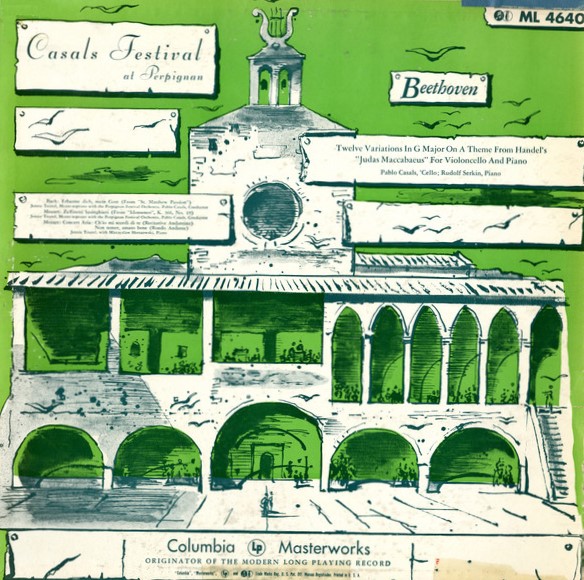
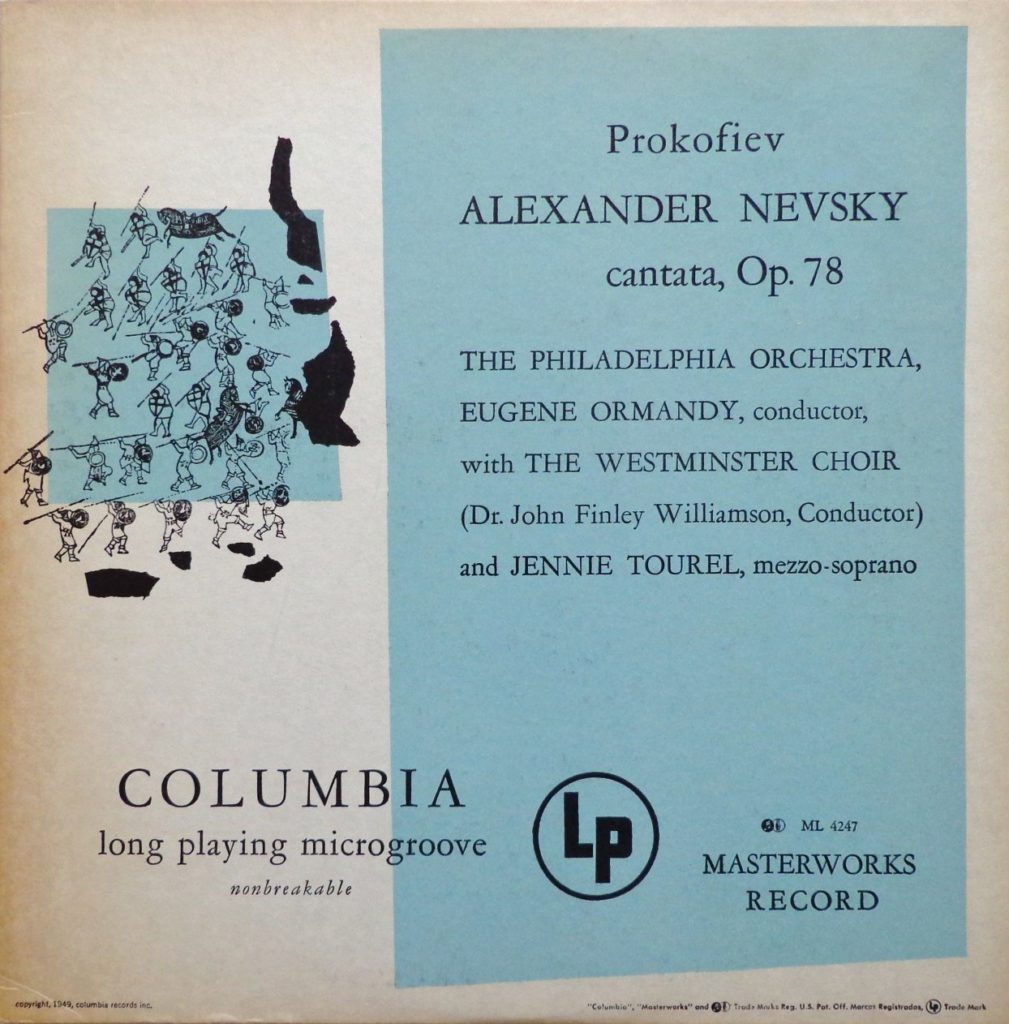
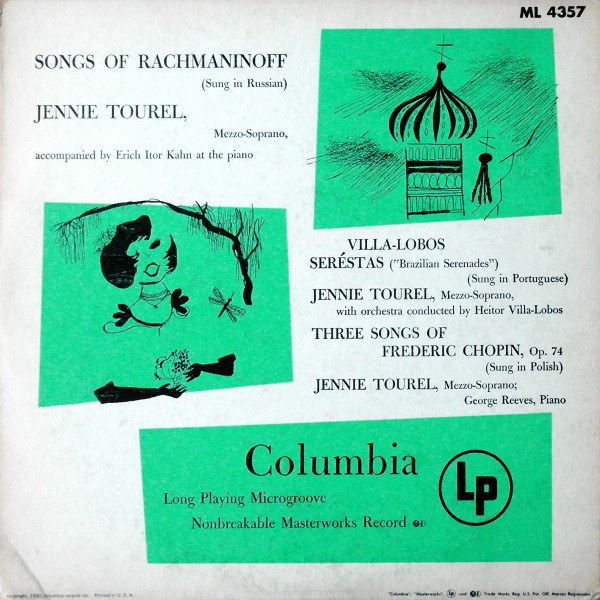

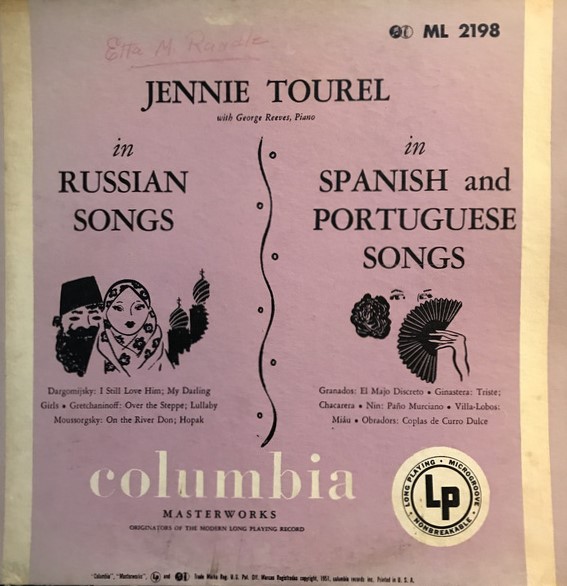
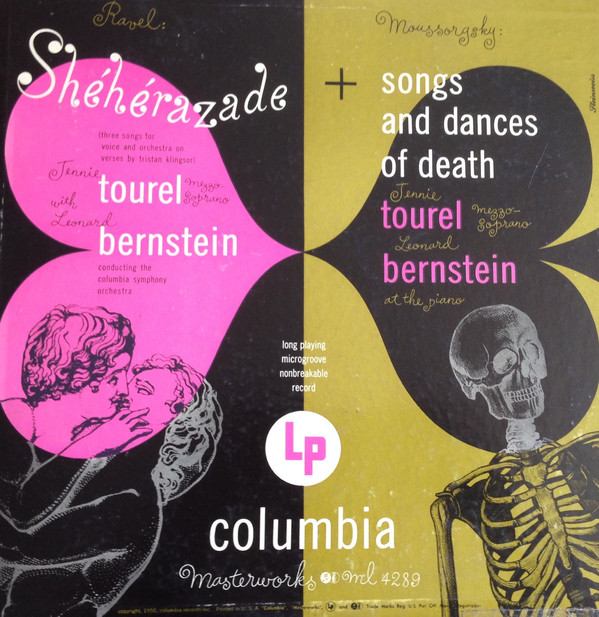

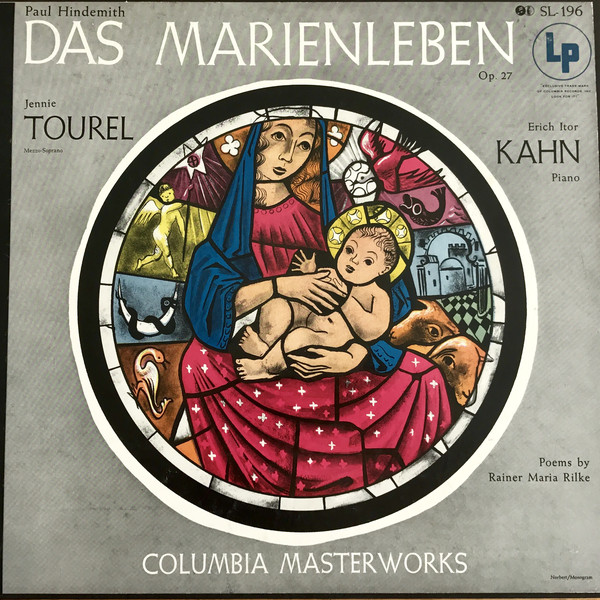
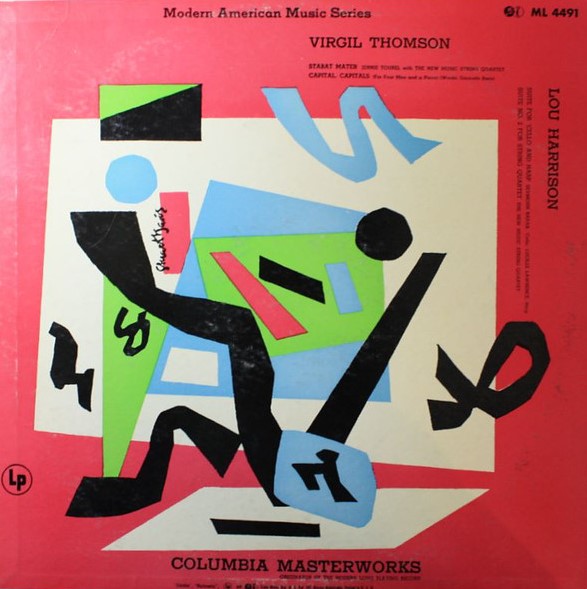
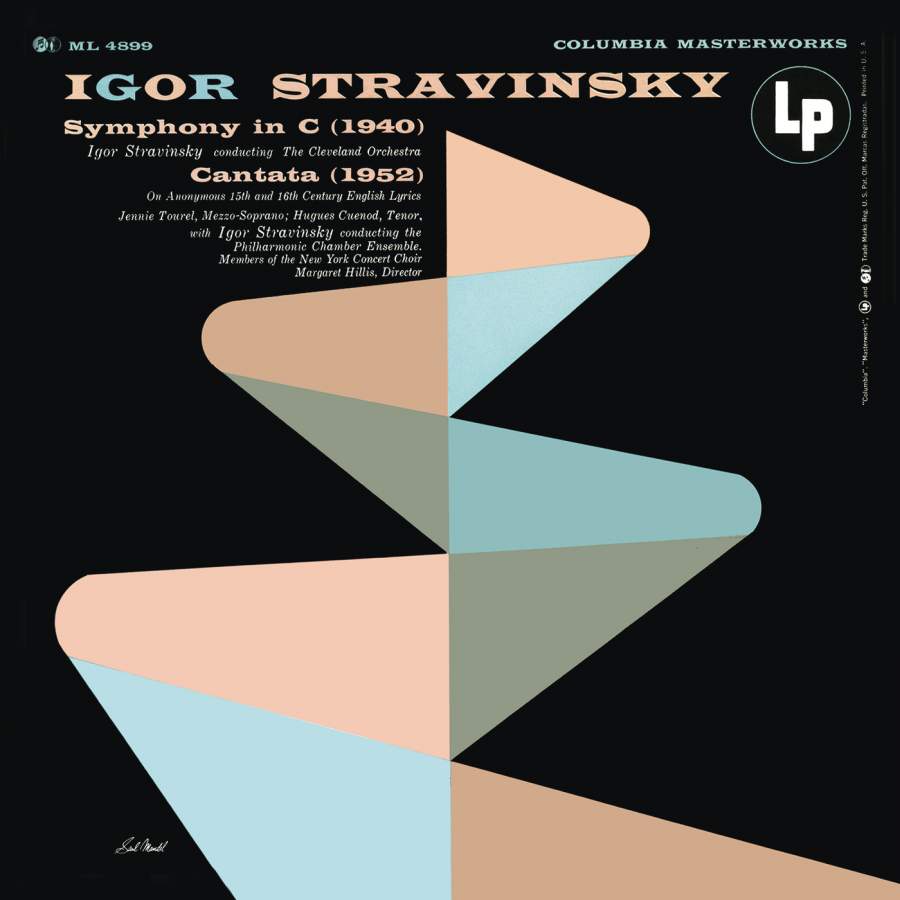
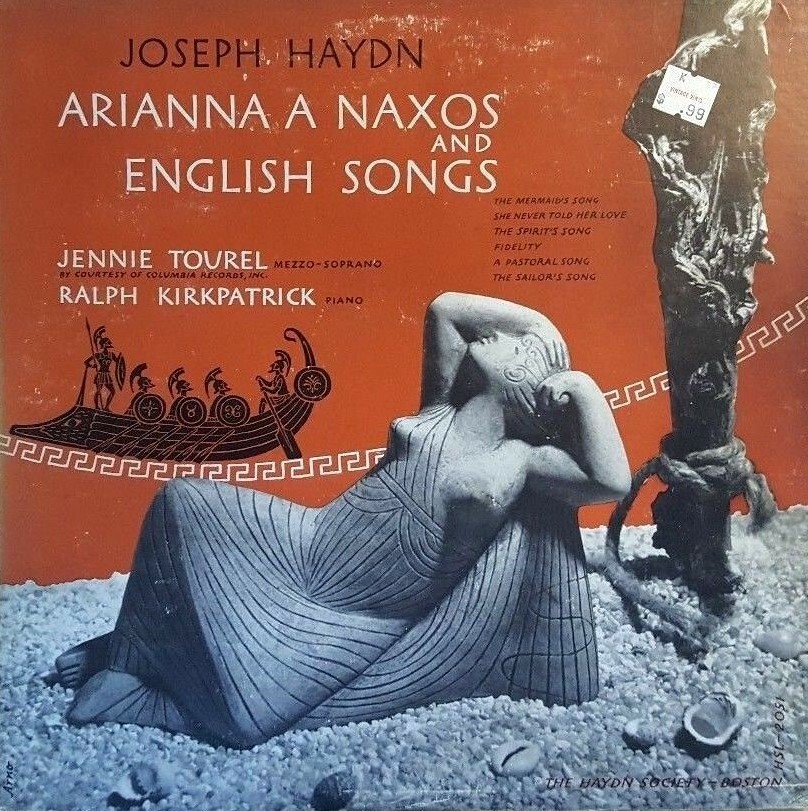
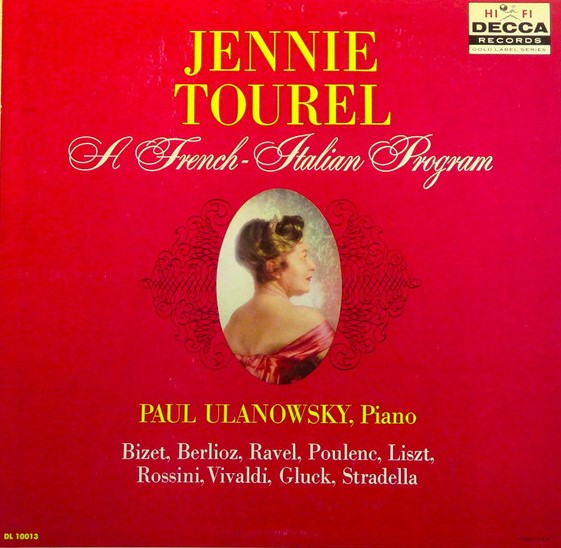
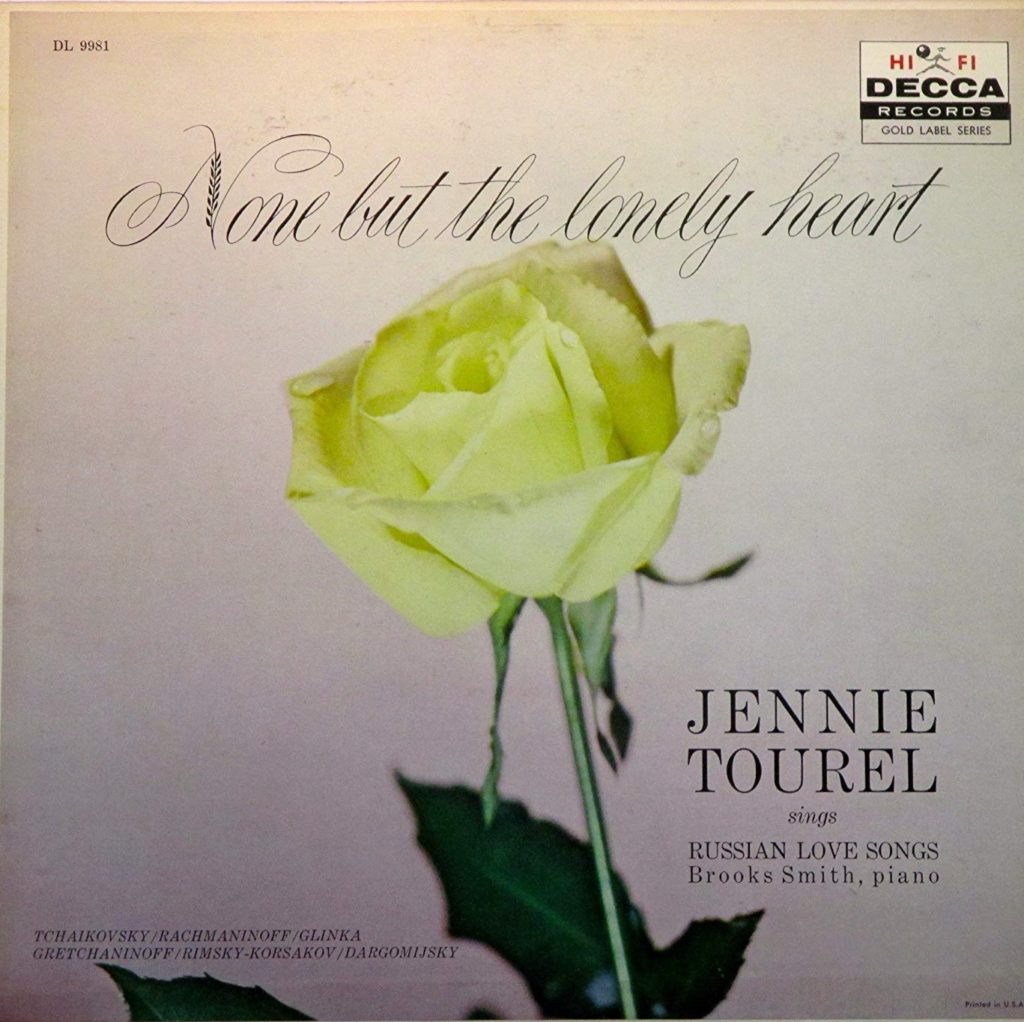
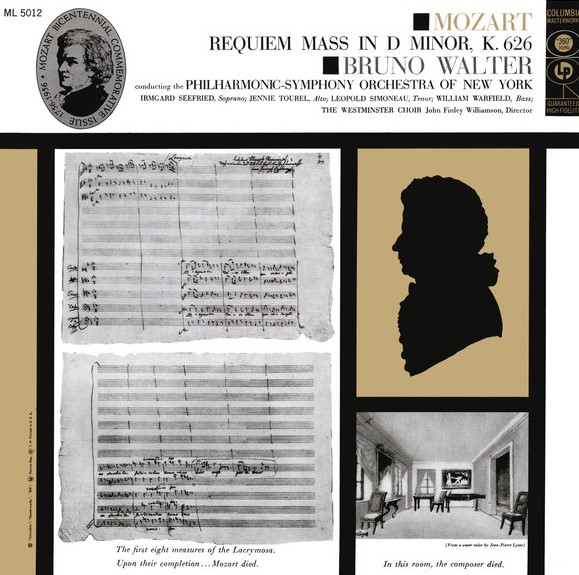
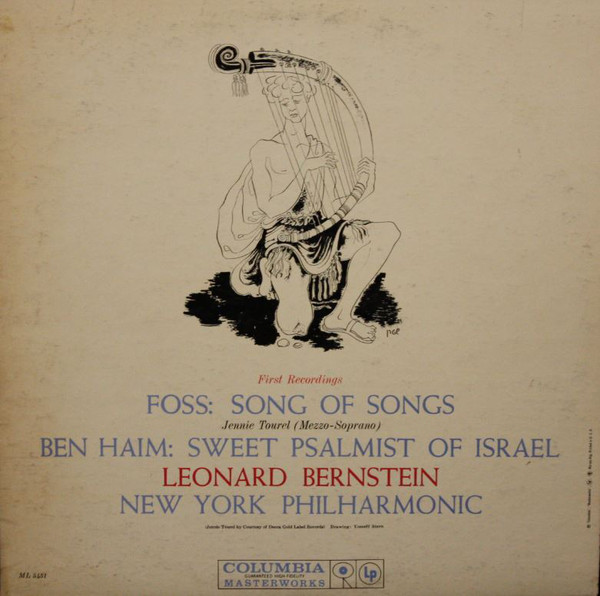

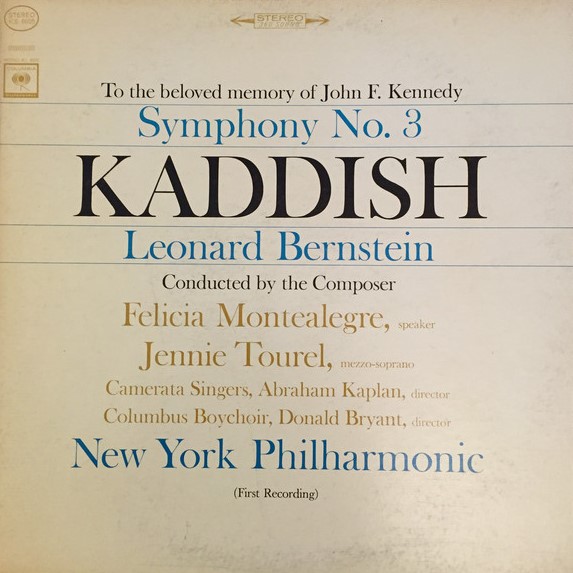
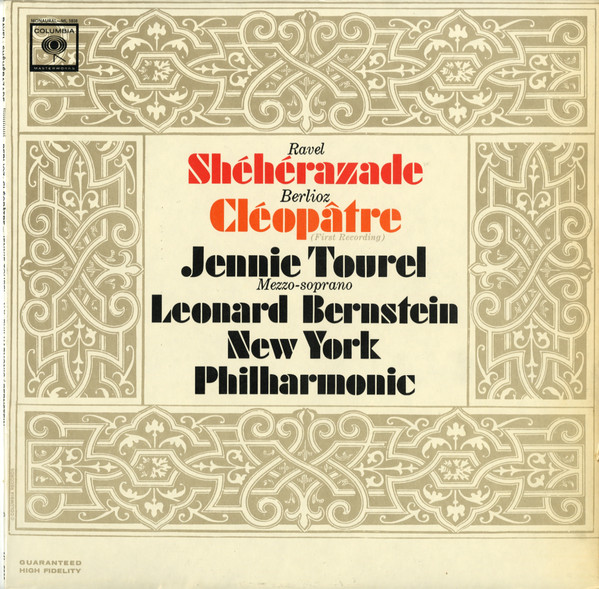
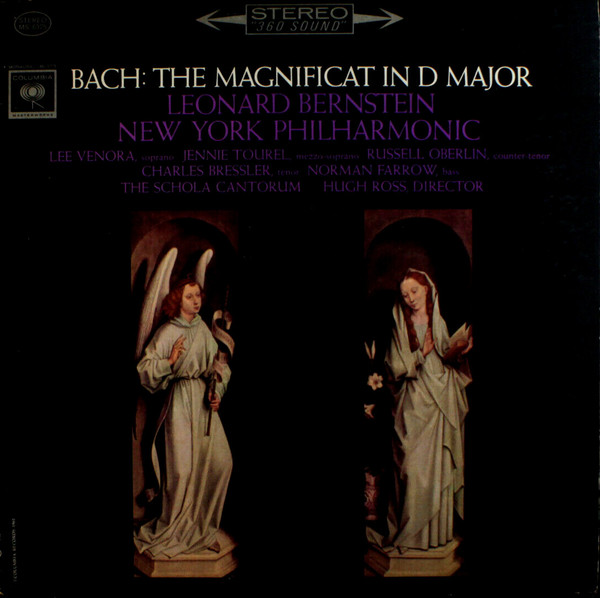
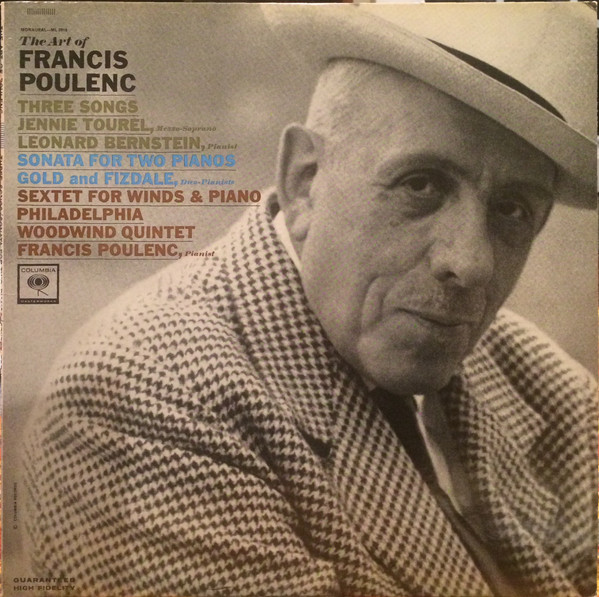
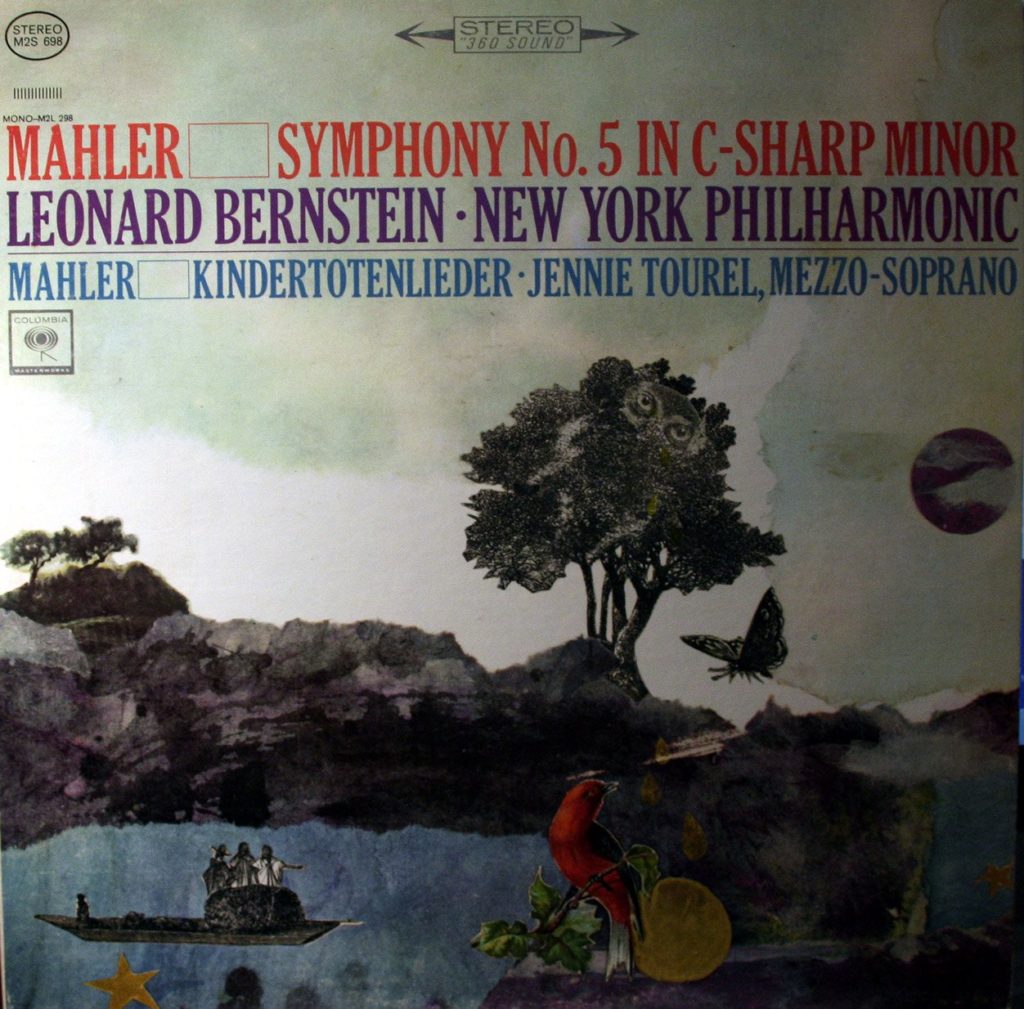
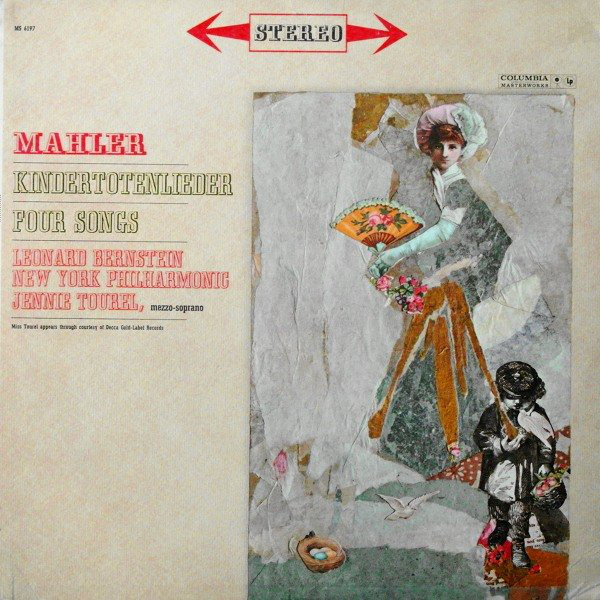
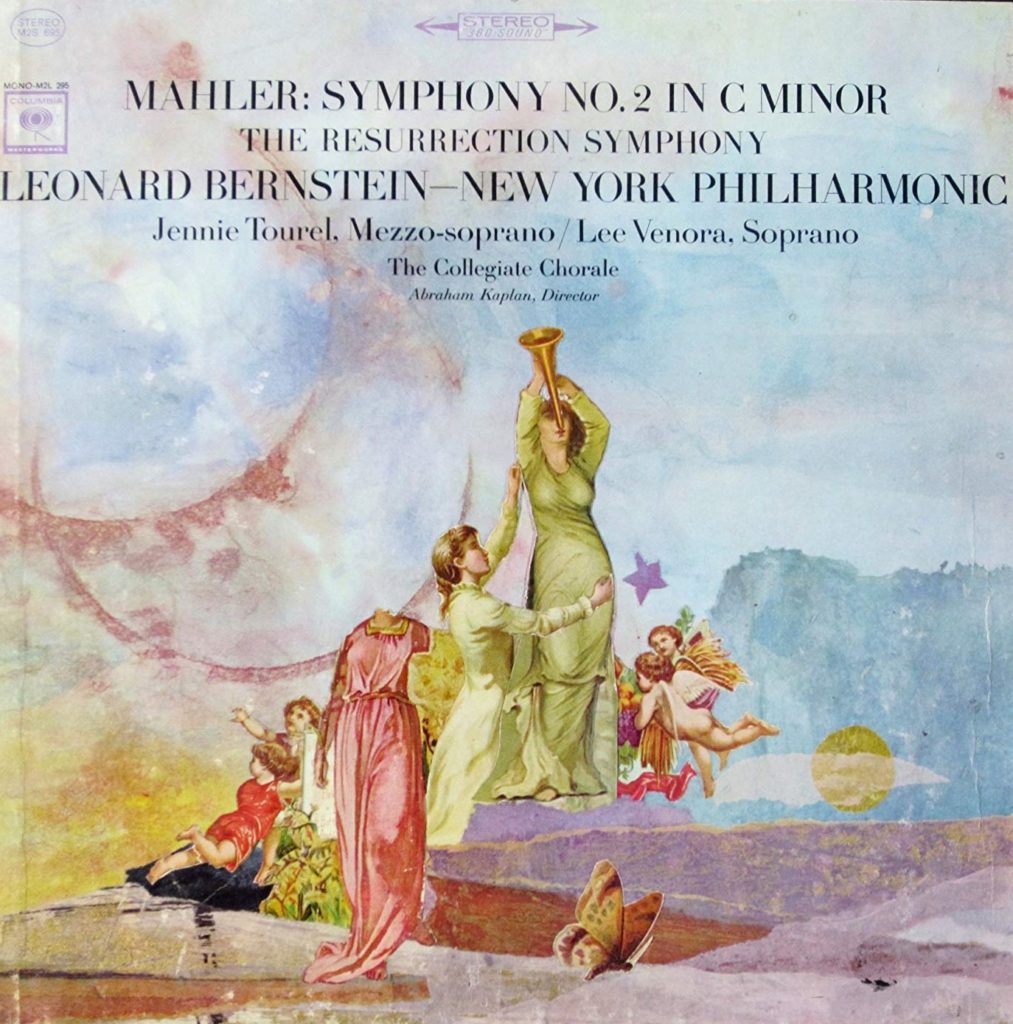
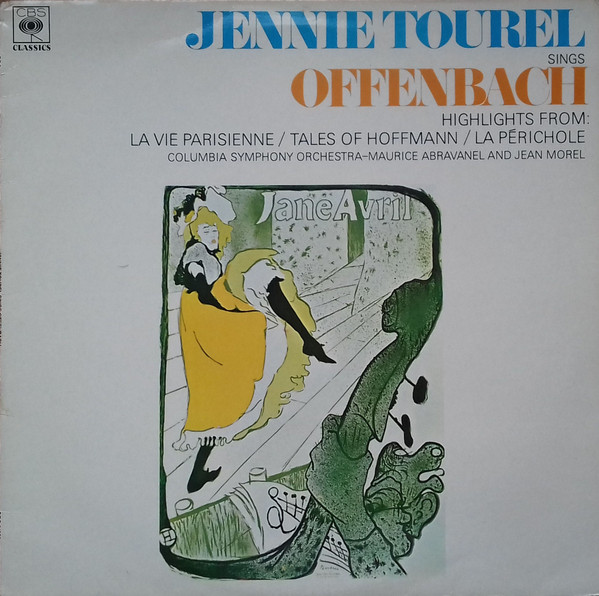
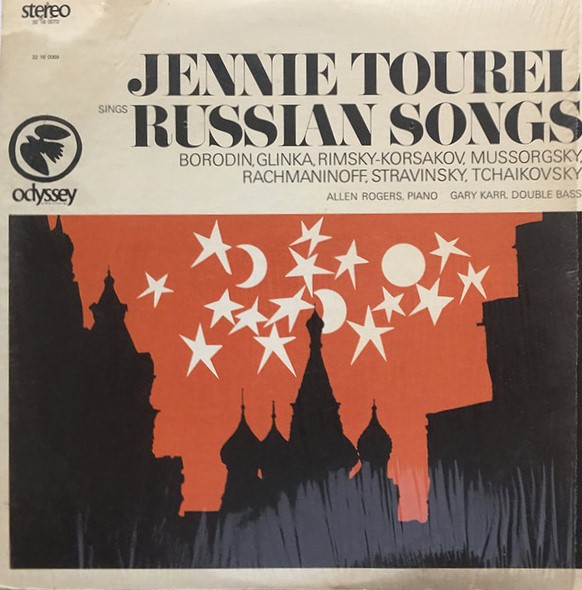
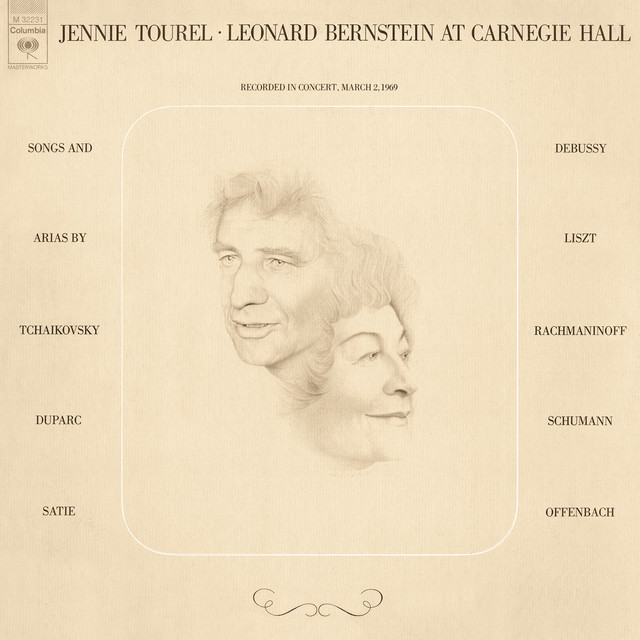
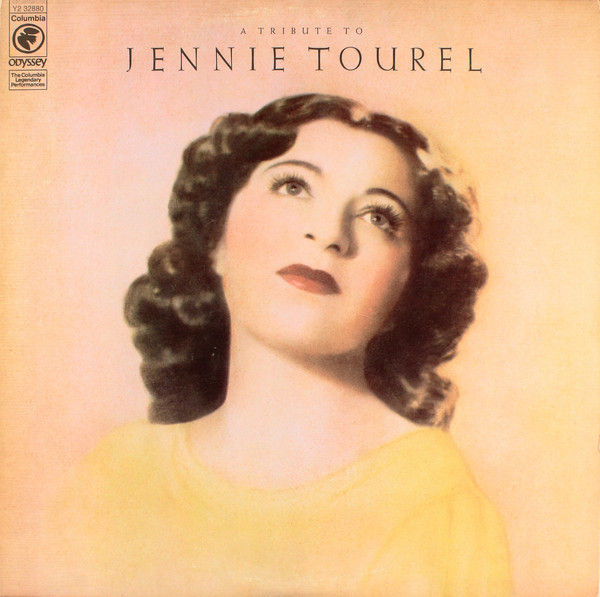
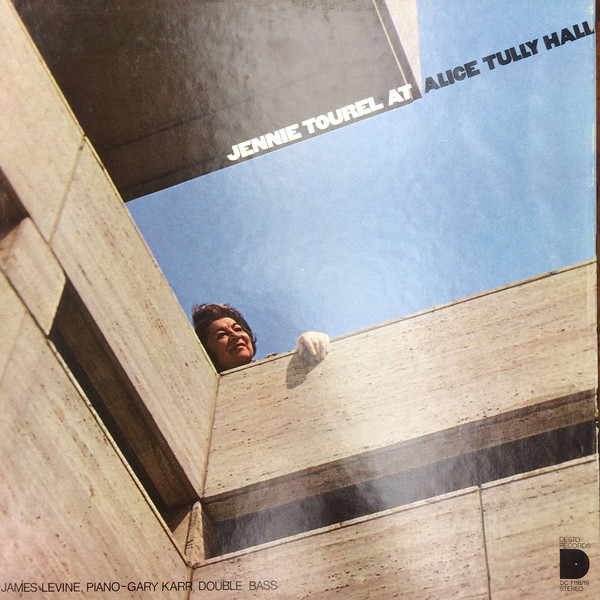
Louise de Vilmorin: Portraits
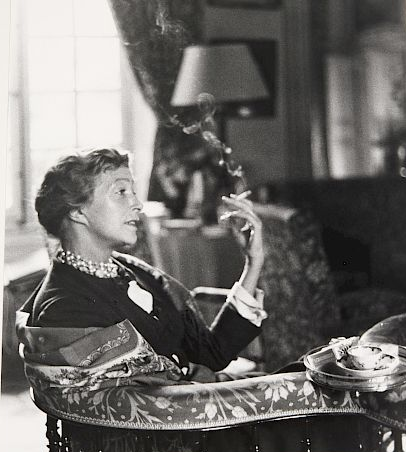
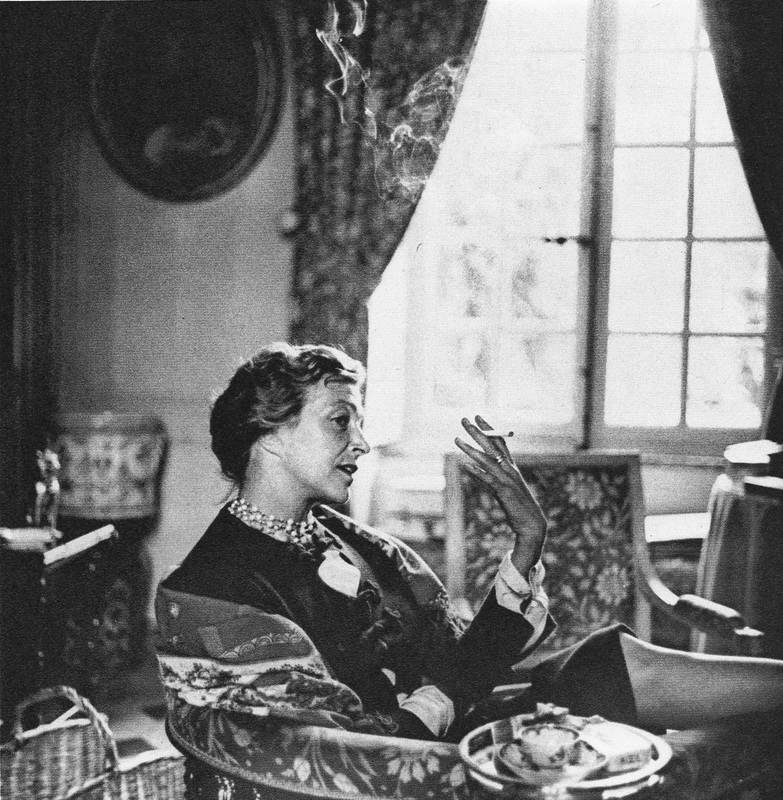
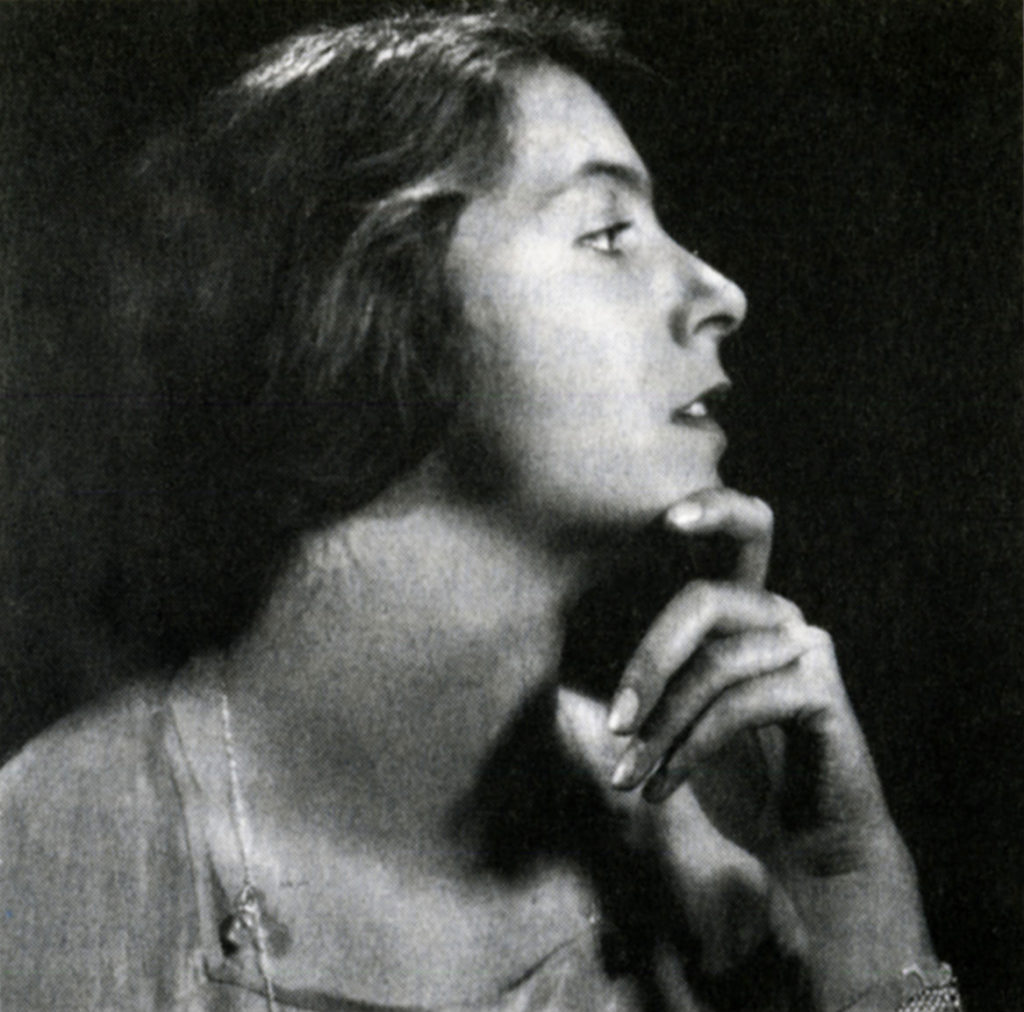
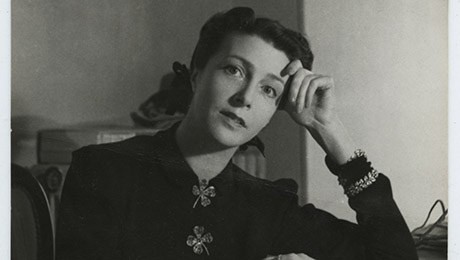
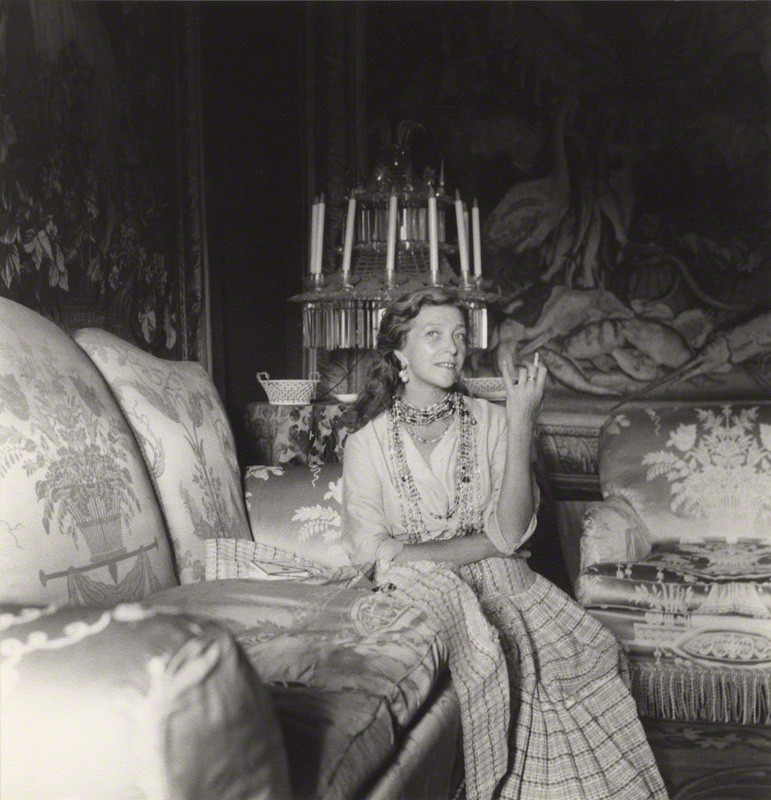
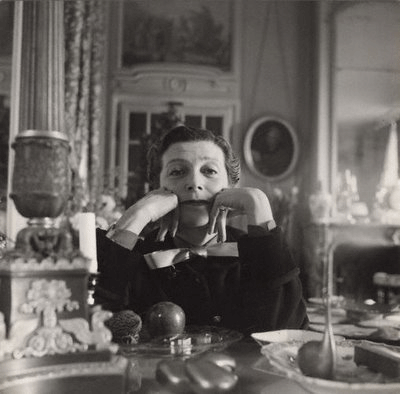
Allen Rogers
I found this tribute to Allen Rogers posted on the Google site alt.obituaries. I have been unable to identify the author of the original post.
Allen Rogers, a pianist who accompanied some of the greatest singers of the mid-20th century, died Friday, May 23, 2003, in a retirement community in Westwood, Massachusetts, at the age of 77.
In the later decades of his life, he became a greatly respected teacher of the song literature and the art of collaborative piano playing at the New England Conservatory and Boston University.
Mr. Rogers was born in Topeka, Kan. After studies at the University of Kansas, he moved to New York, where he earned a master’s degree at Columbia University and studied with Carl Friedberg, who had been one of the most important students of Clara Schumann.
After winning the Concert Artists Guild competition in 1952, he made a Town Hall debut in a recital that featured the American premiere of the massive Piano Sonata by Paul Dukas.
Rather than pursuing a career as a soloist, Mr. Rogers brought his interest in poetry in many languages and in the song literature to his work as a collaborative pianist. He appeared in recital with such singers as Eileen Farrell, Martial Singher, Licia Albanese, Elena Nikolaidi, and Theodore Uppman, and established long-term artistic relationships with the tenors Jan Peerce and Leopold Simoneau, soprano Pierette Alarie, and mezzo-soprano Jennie Tourel.
With all four of these last artists he made memorable recordings [n.b. also with Uppman; see below.]
In 1969, he came to the New England Conservatory and in 1974 moved to Boston [Massachusetts] University, where he taught until his retirement a dozen years ago [n.b.: based on the date of the original post, this would have been in the early 1990s]. His last years were shadowed by injuries sustained when he was hit by a car while walking near his home. Although he recovered from the accident and continued to teach and perform, his health was permanently affected. After his retirement from BU, he continued to work on a limited basis, playing distinguished performances in Emmanuel Music’s series of concerts
devoted to the songs of Brahms, Schumann, and Debussy.
He was also a subscriber to the Boston Symphony Orchestra and frequently emerged from Symphony Hall with pointed commentary on performances that failed to rise to his standards. On the other hand, he could be endlessly patient with students who were prepared to work hard — and heaven help you if you weren’t. When he heard something he
especially liked, such as the Debussy of pianist Dubravka Tomsic, he was ecstatic.
Craig Smith, founder of Emmanuel Music, met Mr. Rogers after arriving in Boston as a student. “He took me under his wing and became a very important influence. If you showed an interest in the song literature, he would spend endless time with you. Great as his playing of Brahms and Schumann was, he was absolutely unique in French music — the
songs of Henri Duparc with Leopold Simoneau is a fabulous record. He was an amazing musician and he could be very crotchety at the end of his life — but he was usually right.”
Mezzo-soprano Pamela Dellal worked with Mr. Rogers at Boston University and said, “He had a comprehensive knowledge of the song literature and opened our minds to things beyond the 20 standard Schubert songs everyone is supposed to learn. His was one of the most wonderful classes I took at BU. He taught the French repertoire with love, and a complete knowledge of what needs to happen. His idea of professionalism extended to a student trying to reach beyond what he or she might be capable of at the moment. Years later, I sang a Schumann song-cycle with him, and he helped me take risks. Even now, I can always imagine more because I did that performance with him.”

Collaborative pianist Michael Beattie said, “Mr. Rogers turned my life upside down in the most wonderful way. My left hand was basically asleep until I met him, and he taught me how important the bass line is. He was the most meticulously well-prepared classroom teacher I ever encountered — he showed us a new kind of depth in terms of what
poetry means and how it affects the piano part in a song.”
In performance, Mr. Rogers was restrained and untheatrical in manner but his playing matched patrician elegance with imaginative daring. His performance of Debussy’s “Chansons de Bilitis” with contralto Mary Davenport was one of the highlights of this writer’s concertgoing experience — the piano supported the singer in every way, and communicated the statements and implications of the words more precisely and evocatively than any translation could.
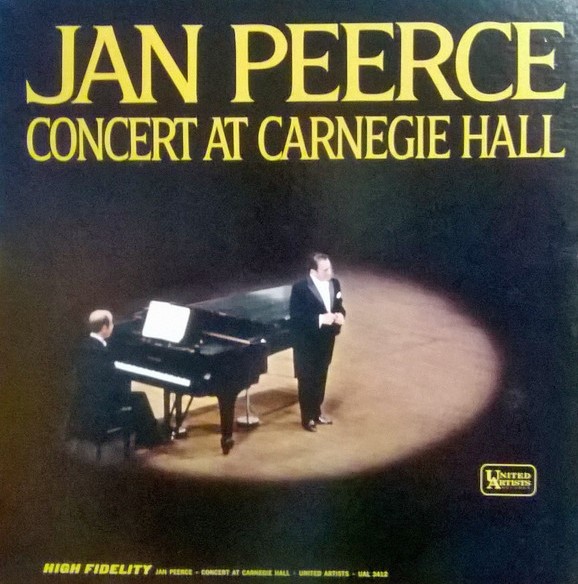
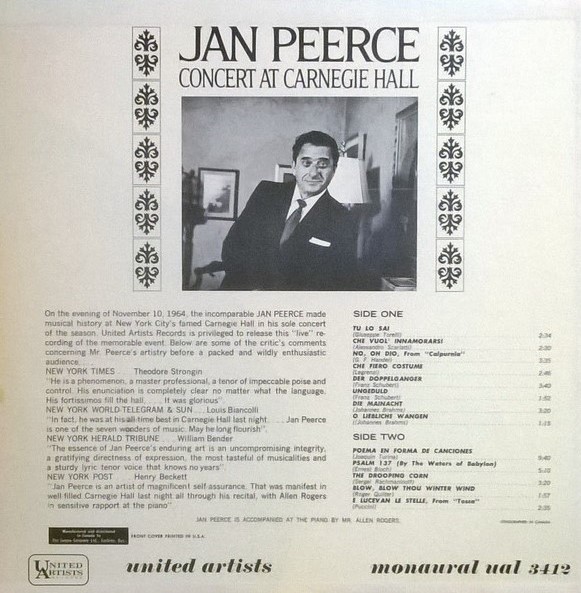
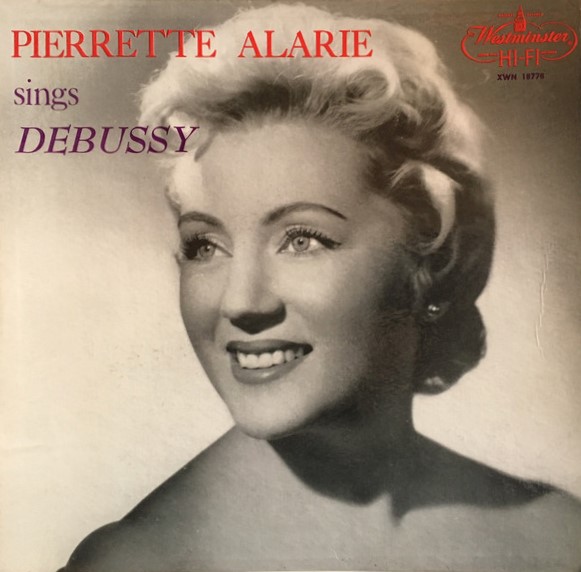
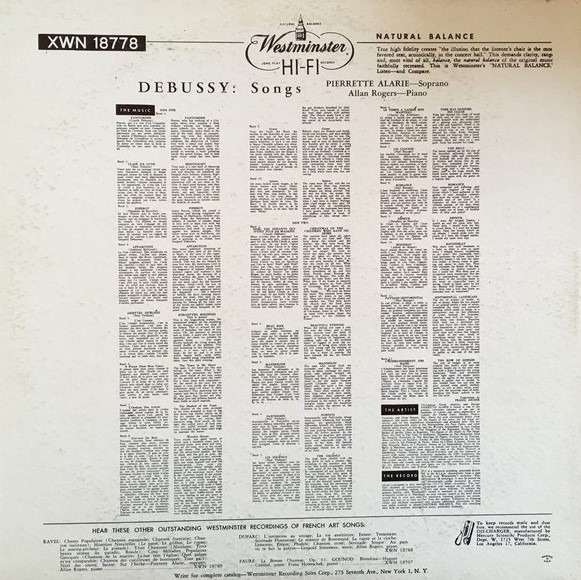
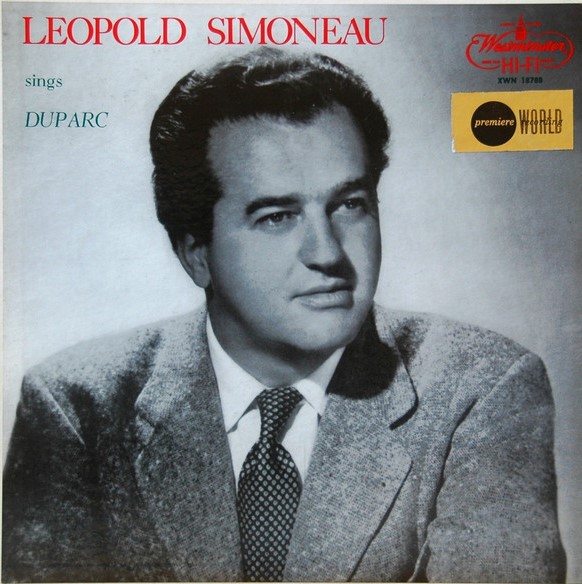

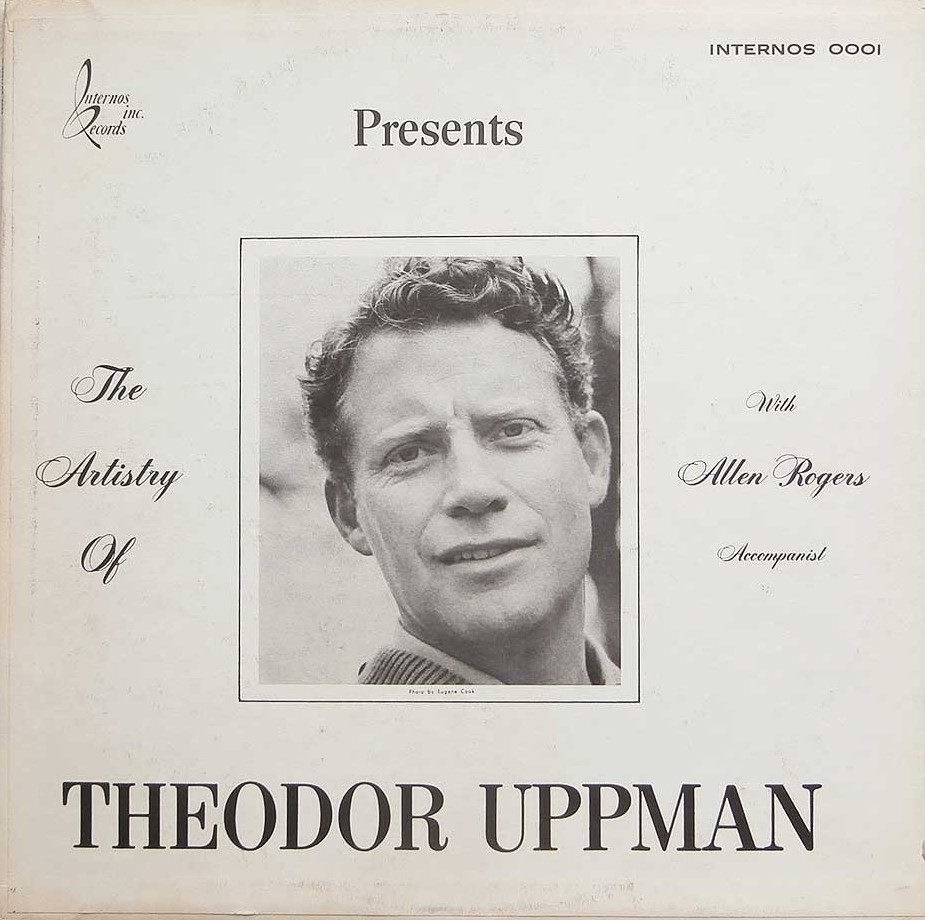
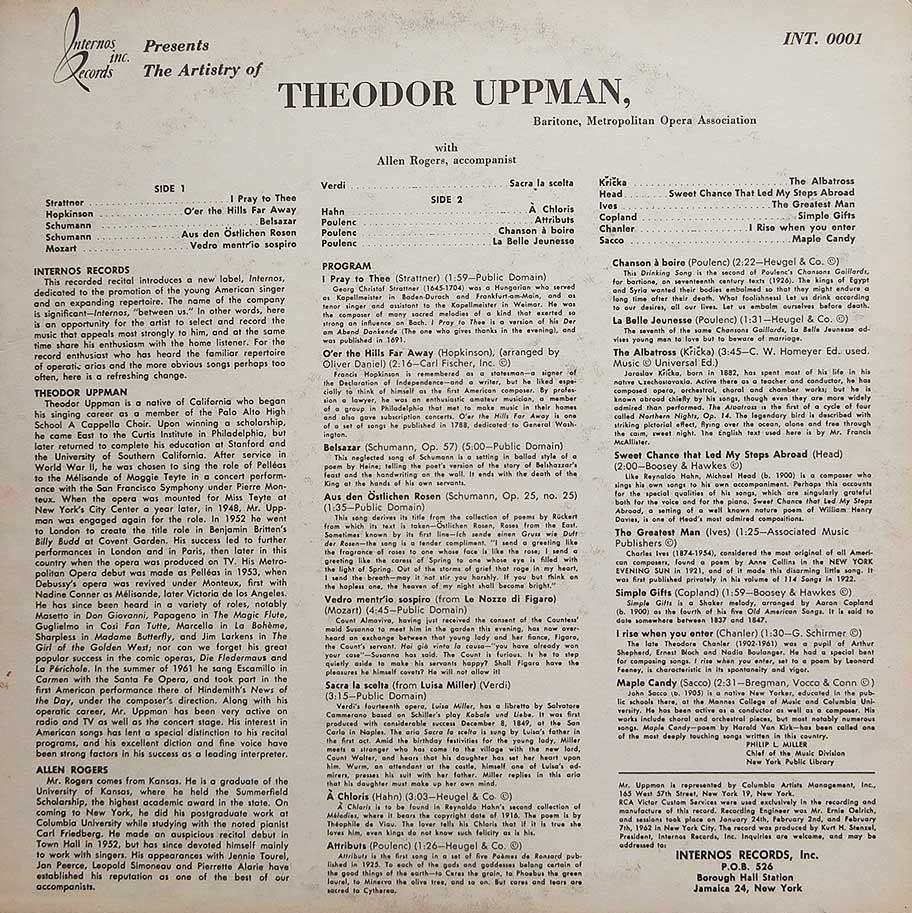
Allen Rogers’s recordings with Simoneau and Alarie were reissued by Deutsche Grammophon in 2004 in their Original Masters series (see below).
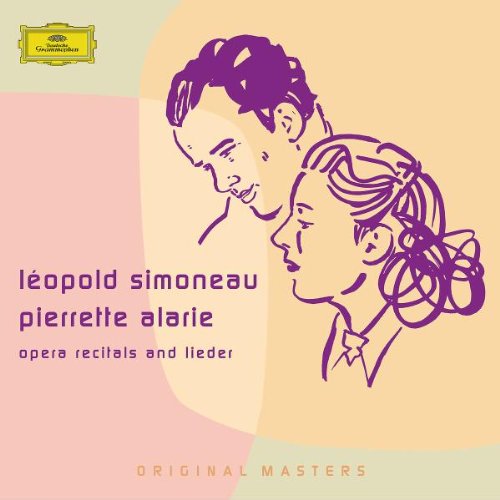
Louise de Vilmorin: Commemorations
The French novelist and poet, who lived from 1903-1969, has been reassessed and celebrated in time for the recognition of the 50th anniversary of her death in 2019.

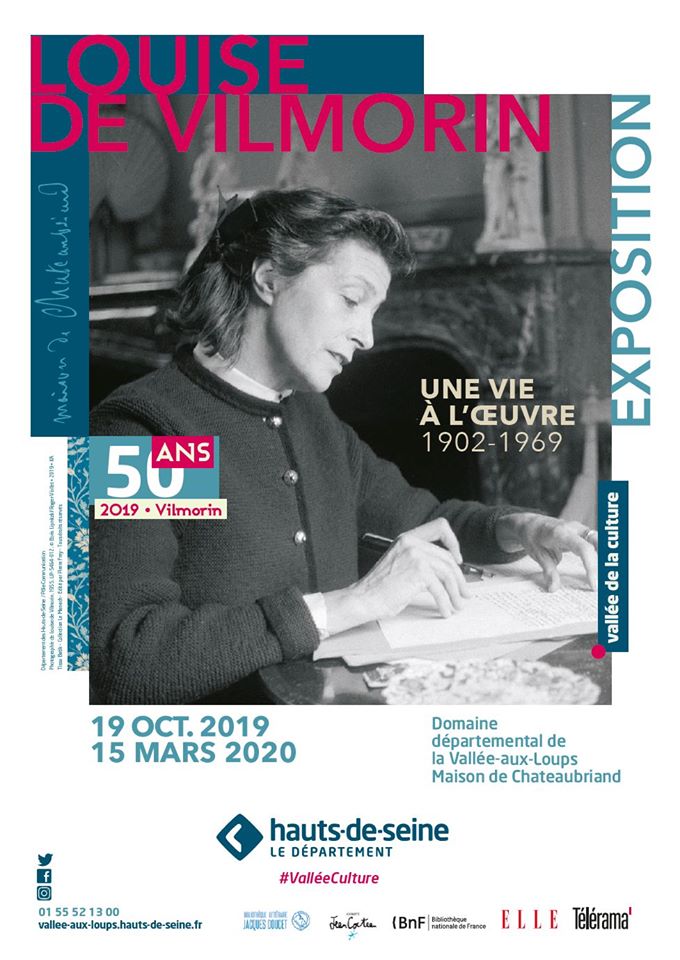
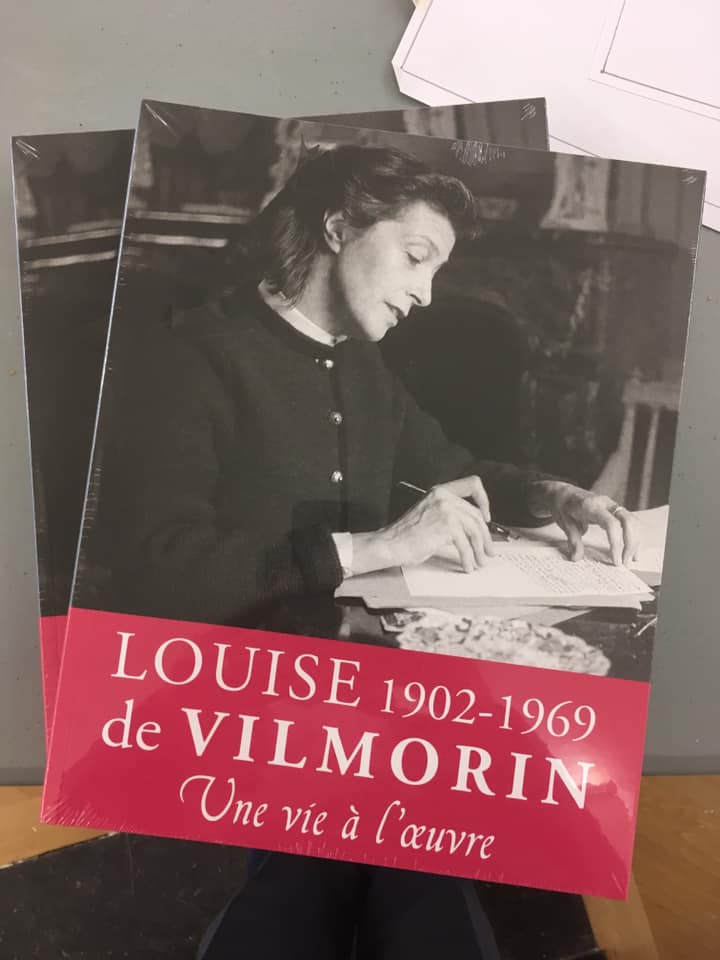
Here is the link to the Vimeo video related to the exposition that is running until 15 March (below, a screenshot from the video).
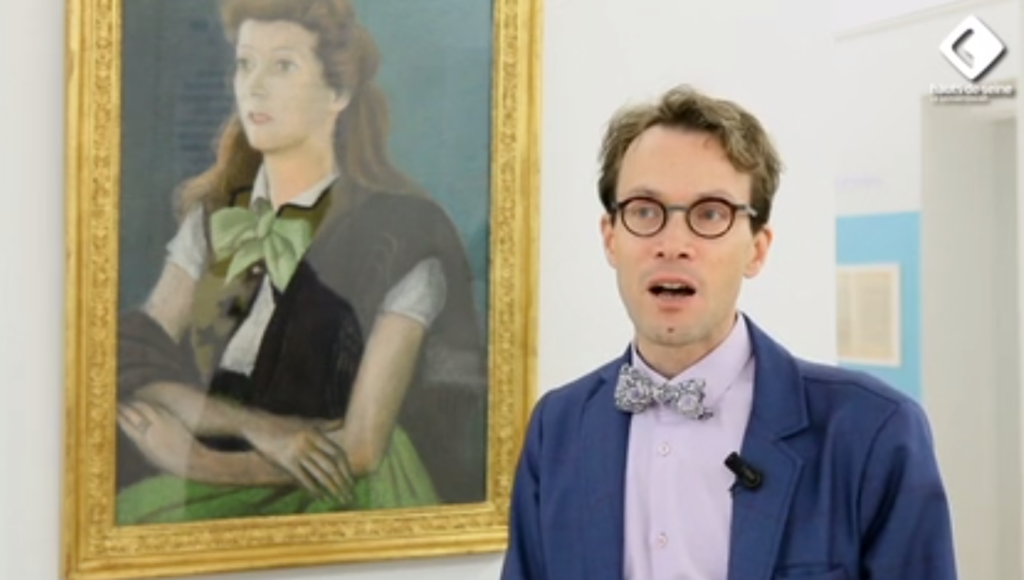
Louise de Vilmorin: Films
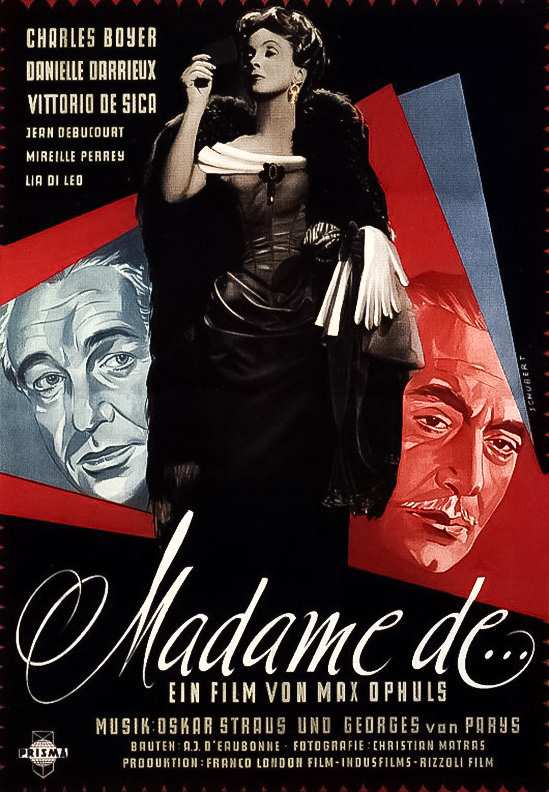
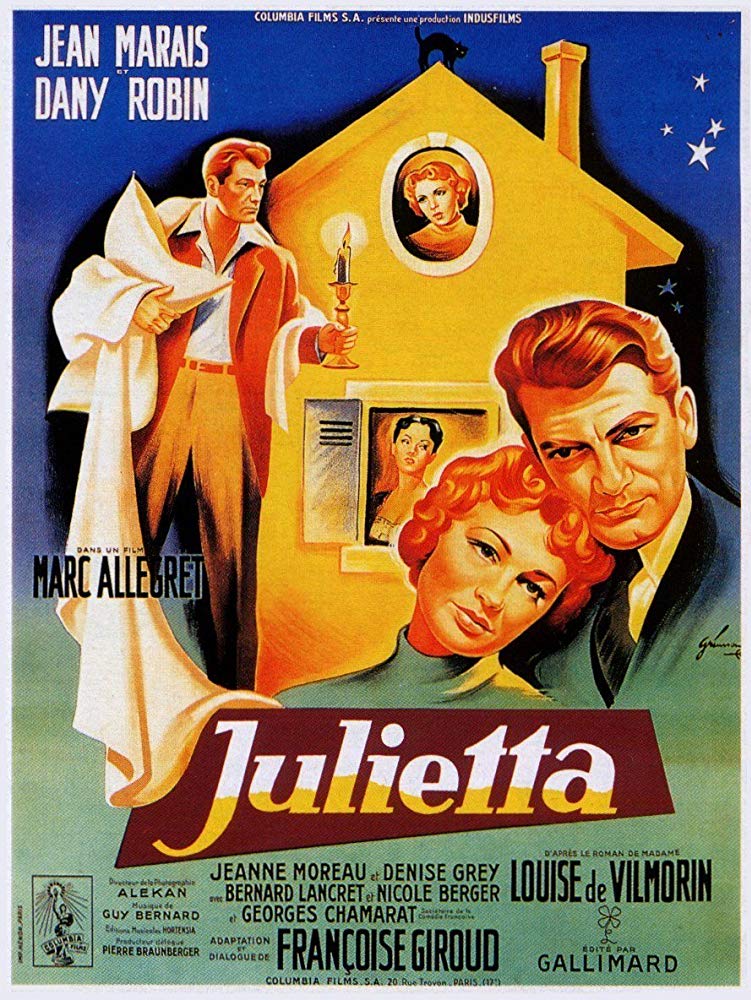
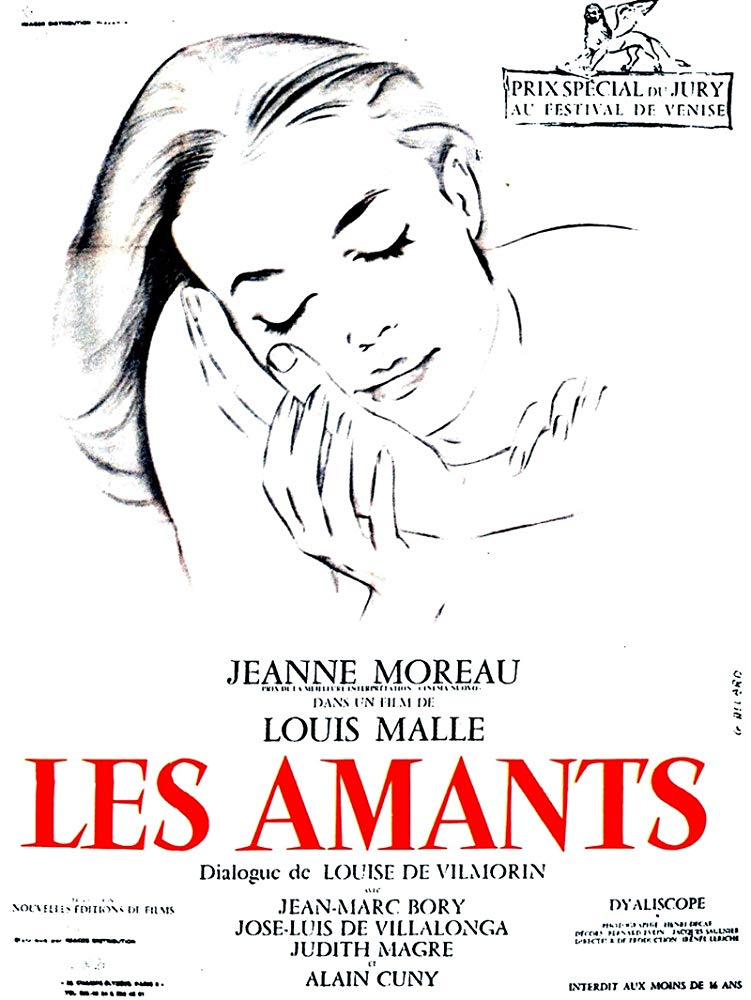
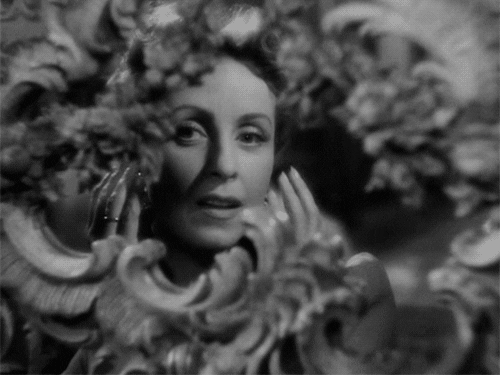
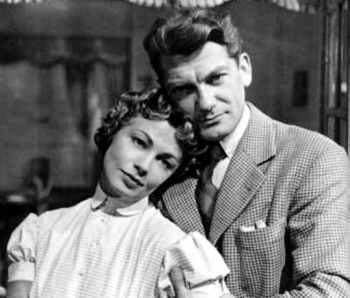
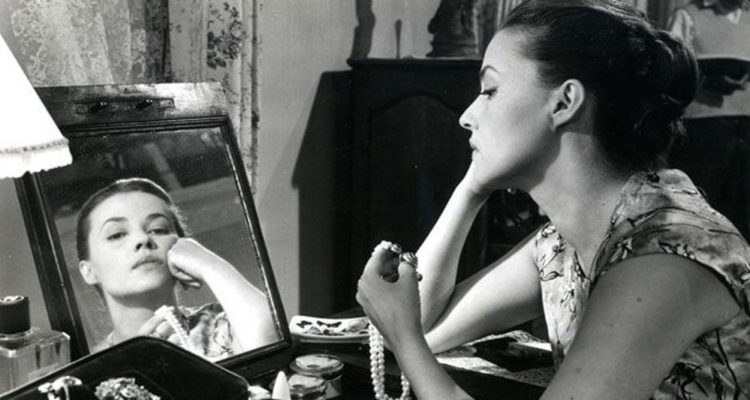
Louise de Vilmorin: A Selection of Her Books
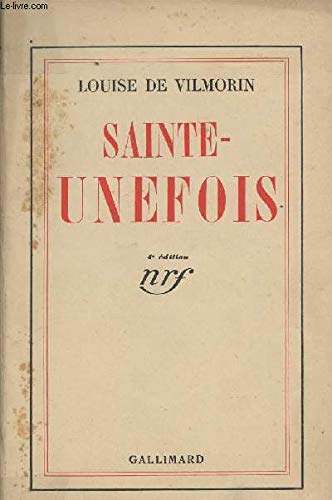
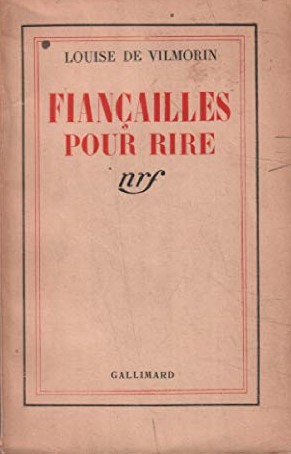
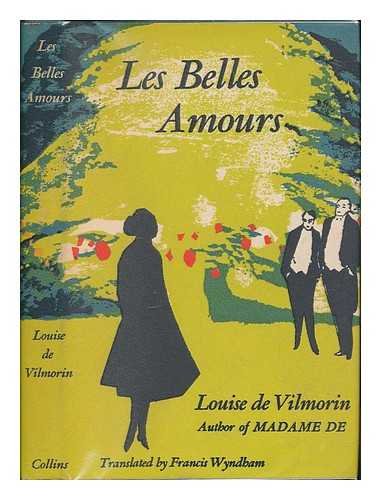
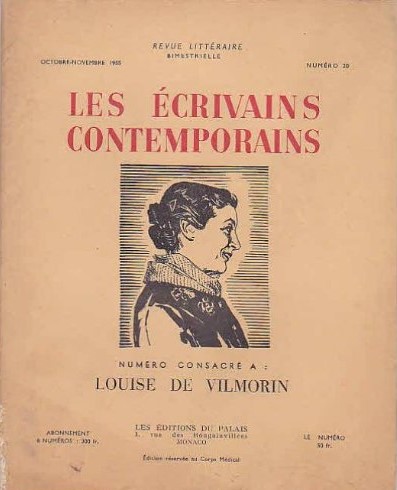
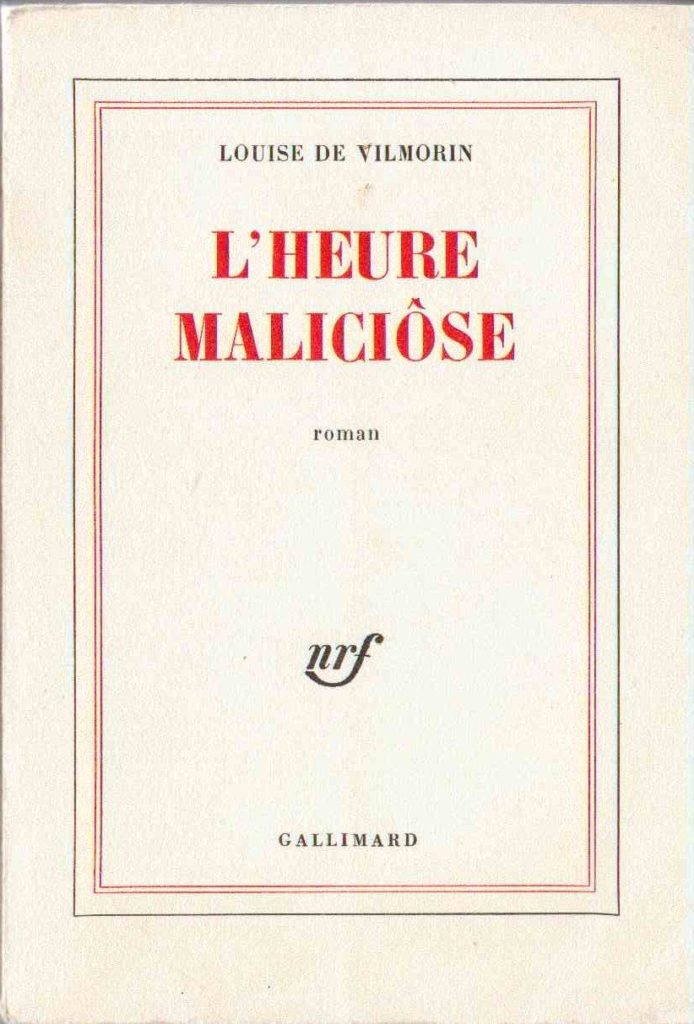
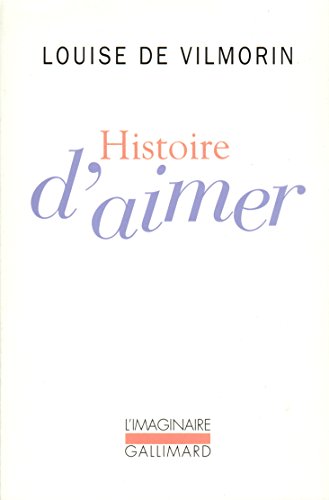
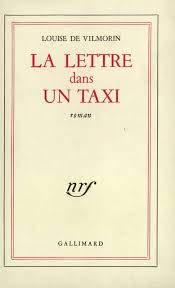
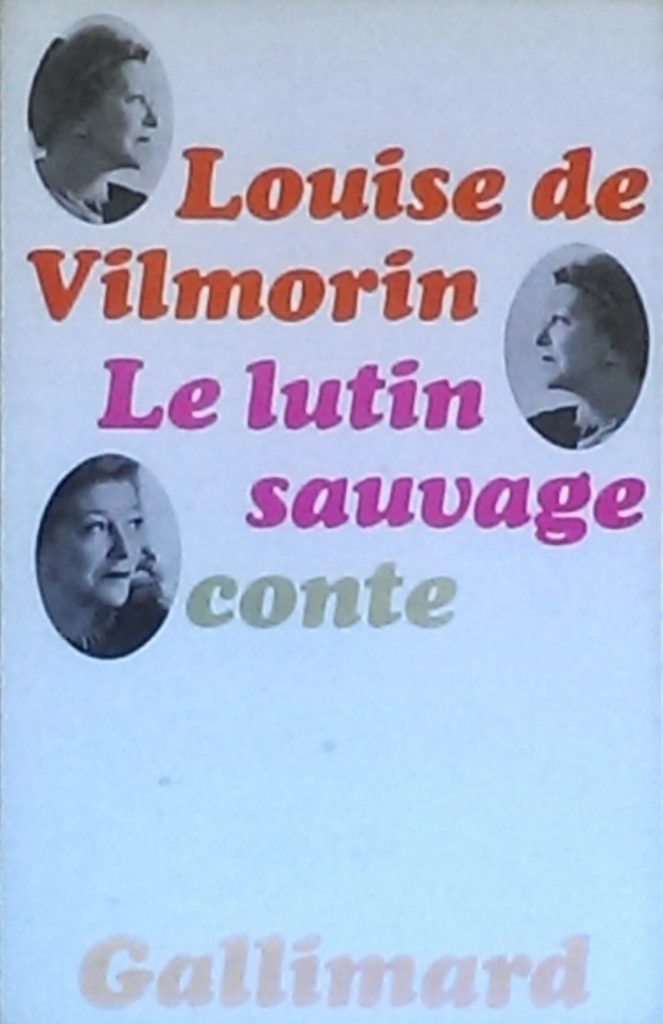
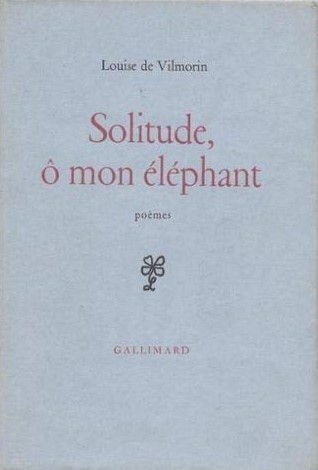
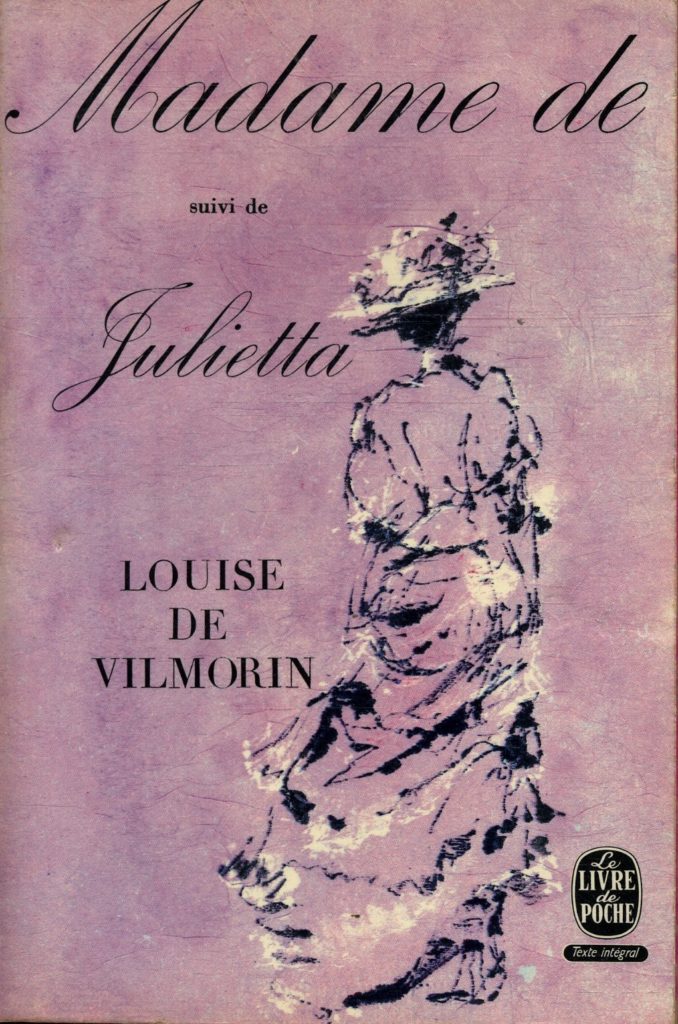
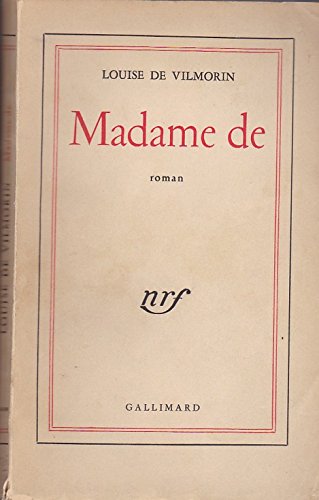
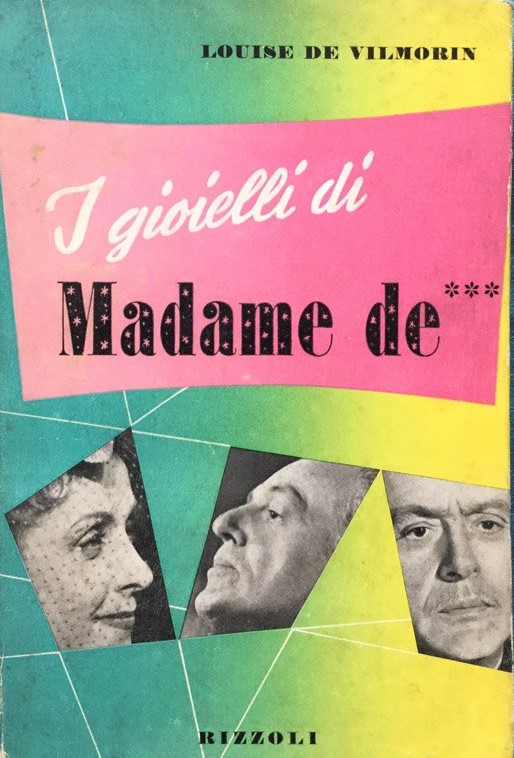
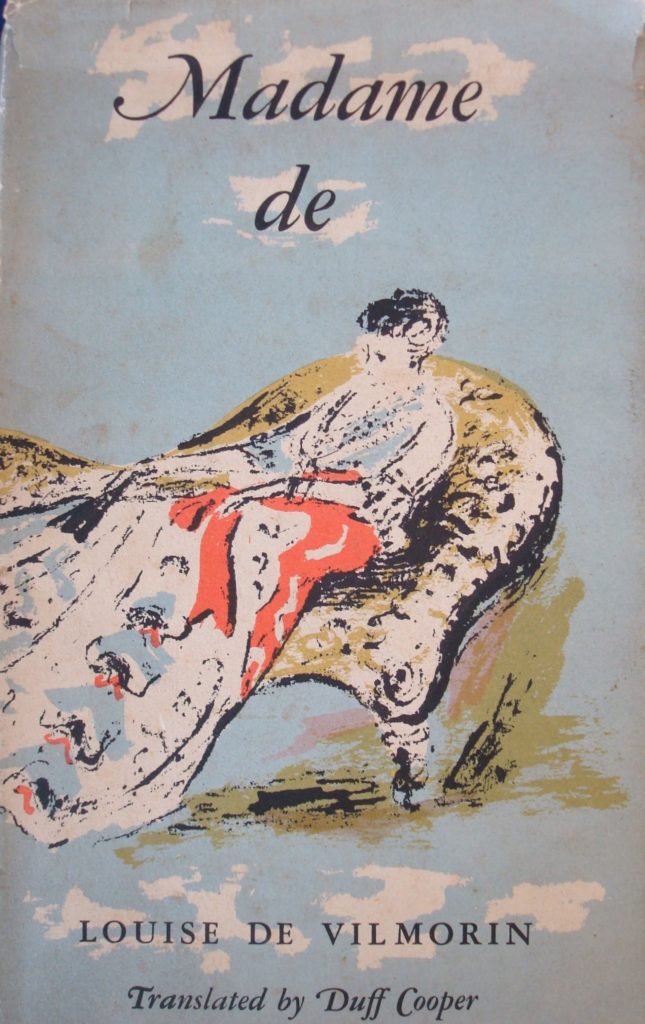
was a British diplomat and politician, and one of Vilmorin’s many lovers.
